Welcome
Maxwell Investments Group
We have a disciplined approach towards executing ESG-centric Sustainability Development Models, Agricultural Sector Optimisation, Local & International Trade of Soft Commodities and Market-Acquisition Strategies.
What We Do
Connecting Africa's Finest Agro Commodities to the World.
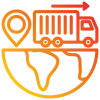
Agro Commodities Trading
We connect African farmers to global markets by sourcing high-quality agricultural commodities such as soya beans, cashew nuts, shea nuts, and sesame seeds. Rooted in sustainability and fair trade principles, our trading operations ensure that every product meets rigorous international standards for quality and consistency.
Our approach is built on deep, long-term partnerships with farming communities. By working directly with producers, we support better pricing, promote climate-smart practices, and help strengthen local economies. Every batch we trade is traceable, responsibly sourced, and handled with care.

Processing
Our processing services transform raw agricultural produce into high-quality, standardised commodities that meet international market demand. Using stringent quality controls, we process soya beans, cashew nuts, shea nuts, and sesame seeds to align with global benchmarks for food safety, appearance, and consistency.
But it’s more than just processing; it’s about adding value at the source. By investing in local capacity, upgrading facilities, and training rural partners, we help ensure that more of the economic benefit stays within the communities that grow these crops.
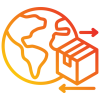
Exports
As a Ghana Free Zones-registered company, we specialise in delivering premium African agricultural products to global markets. Our export services cover every stage of the process, from documentation and compliance to customs clearance and international freight. We ensure a seamless journey from origin to destination.
With a focus on precision, transparency, and timely delivery, we help our clients navigate cross-border trade with confidence. Our operations focus not just on moving goods around but also on building trust, strengthening supply chains, and nurturing long-term partnerships grounded in reliability and shared growth.
Our Services
We specialise in sourcing, trading, and exporting premium African agricultural commodities, including soya beans, cashew nuts, shea nuts, and sesame seeds. Our end-to-end offering covers everything from agro trading and streamlined logistics to efficient export services.
By working directly with local farmers and operating a resilient supply chain, we maintain the highest quality standards while championing sustainability and fair trade. From farm gate to global markets, we’re committed to delivering excellence, consistency, and long-term value to our clients around the world.
Our Work
MIG Field Diaries - Videos
From Farmgate to Global Gateways: MIG Agro-Commodities in Motion.

Grounded Conversations: People, Problems, Progress.

MIG Agro Commodities Gallery
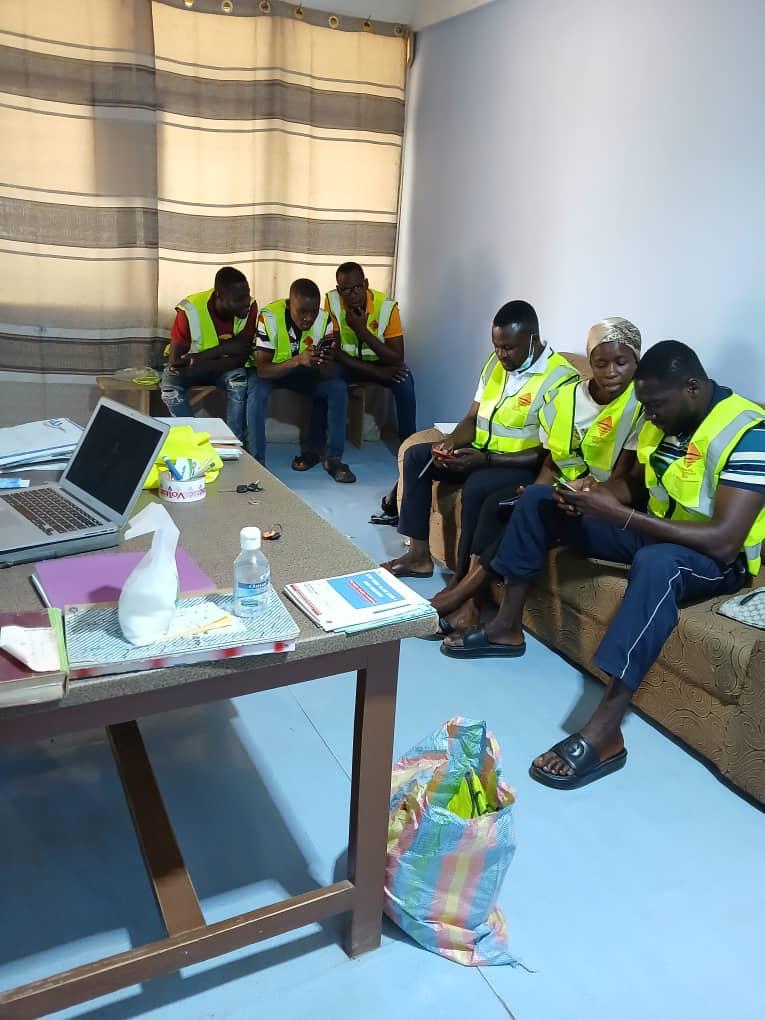
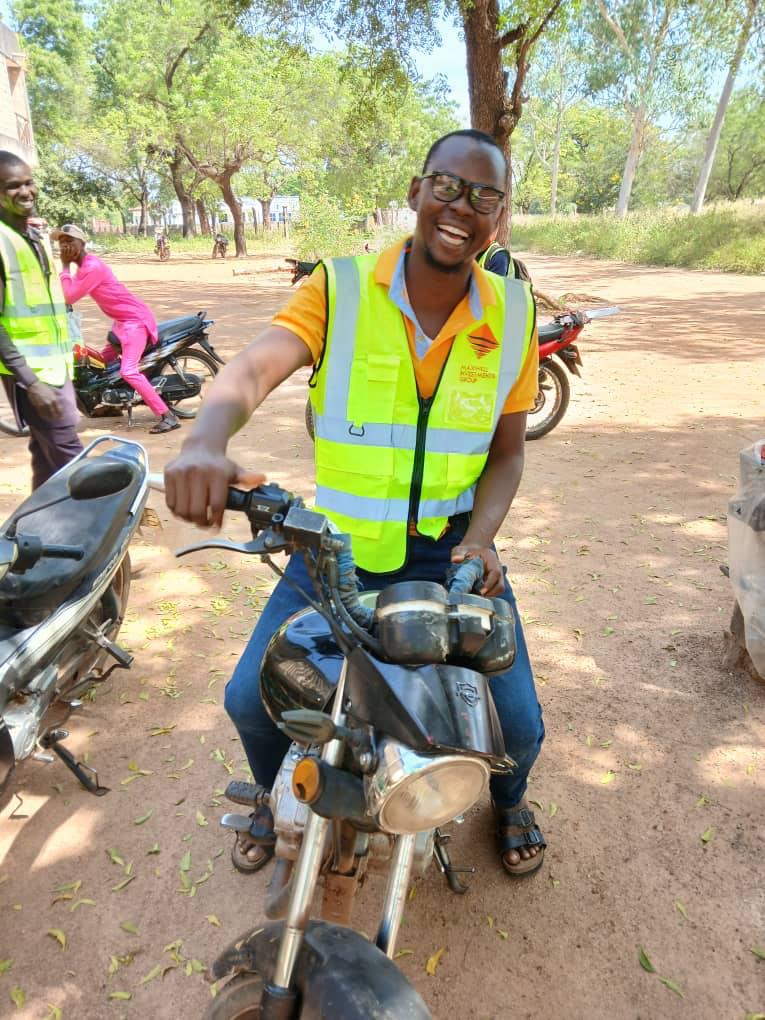
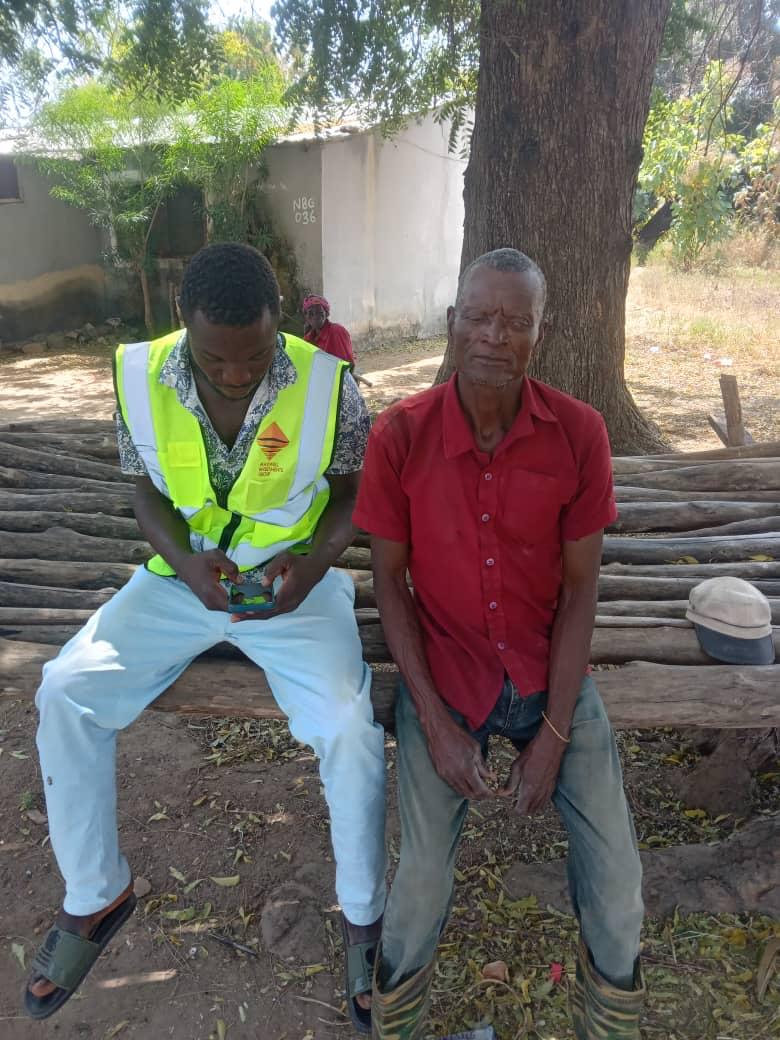
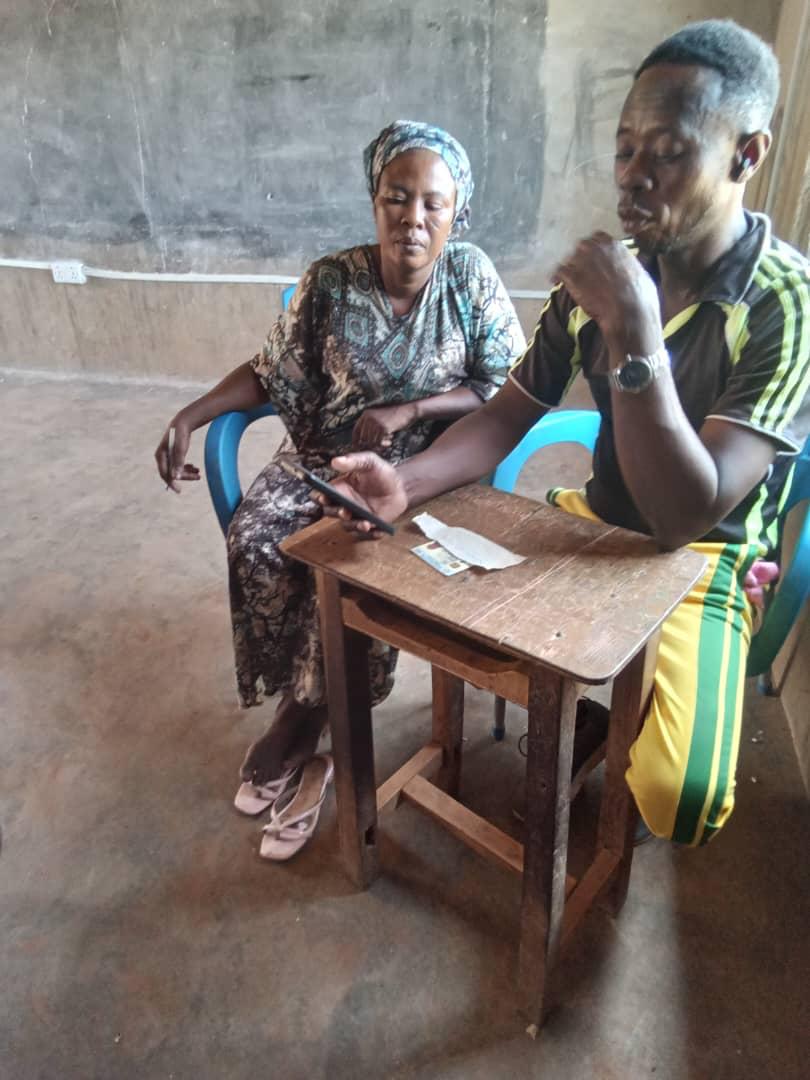
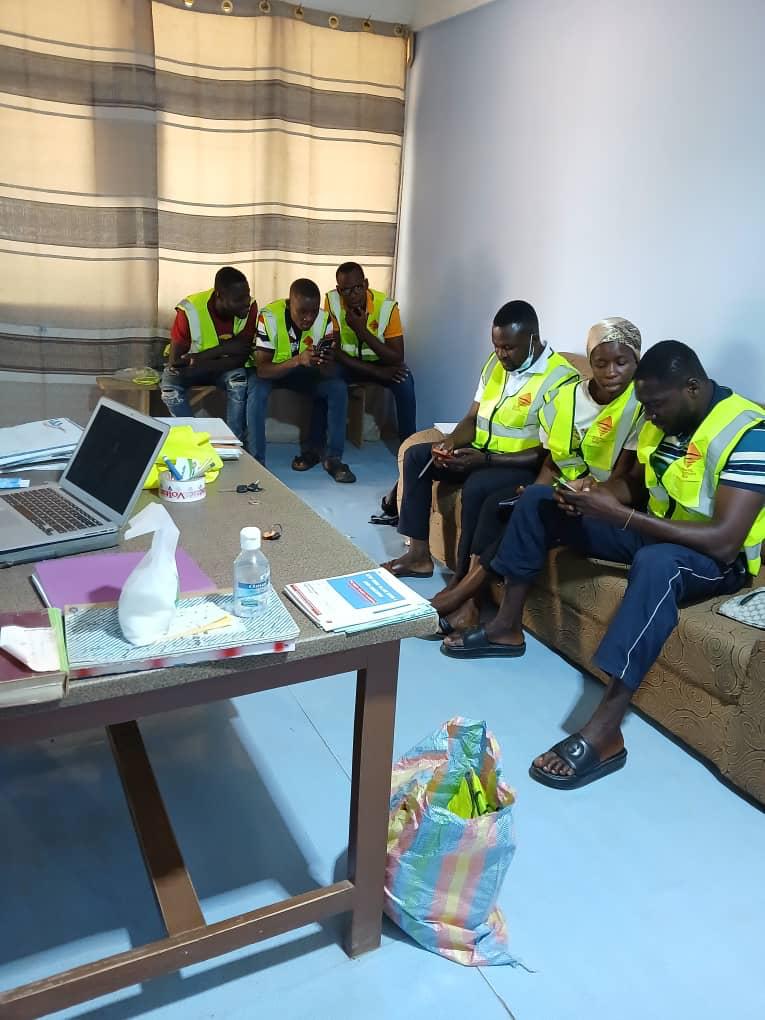
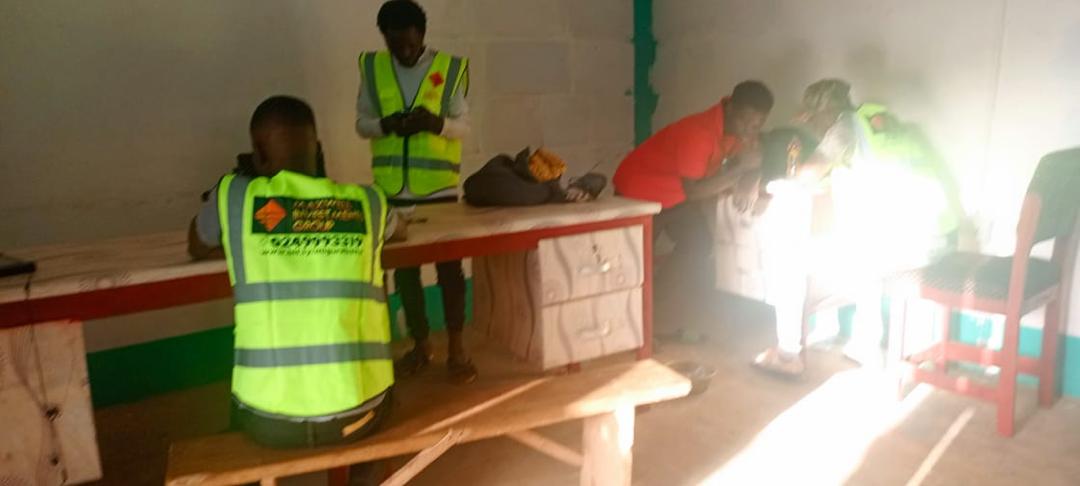
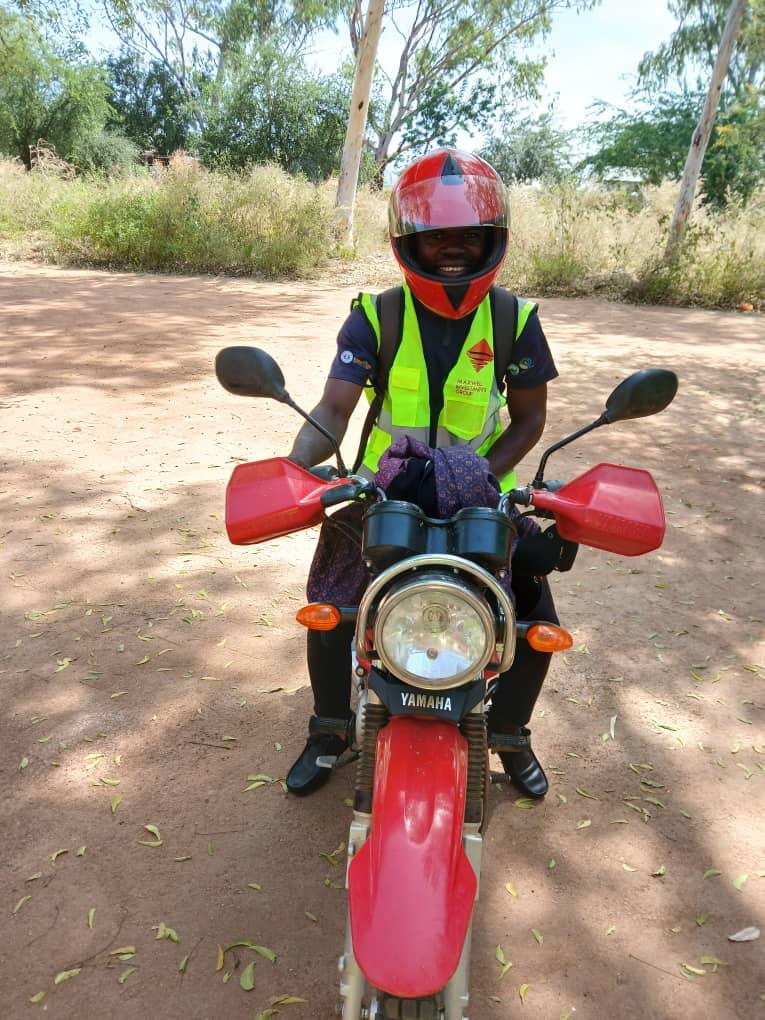
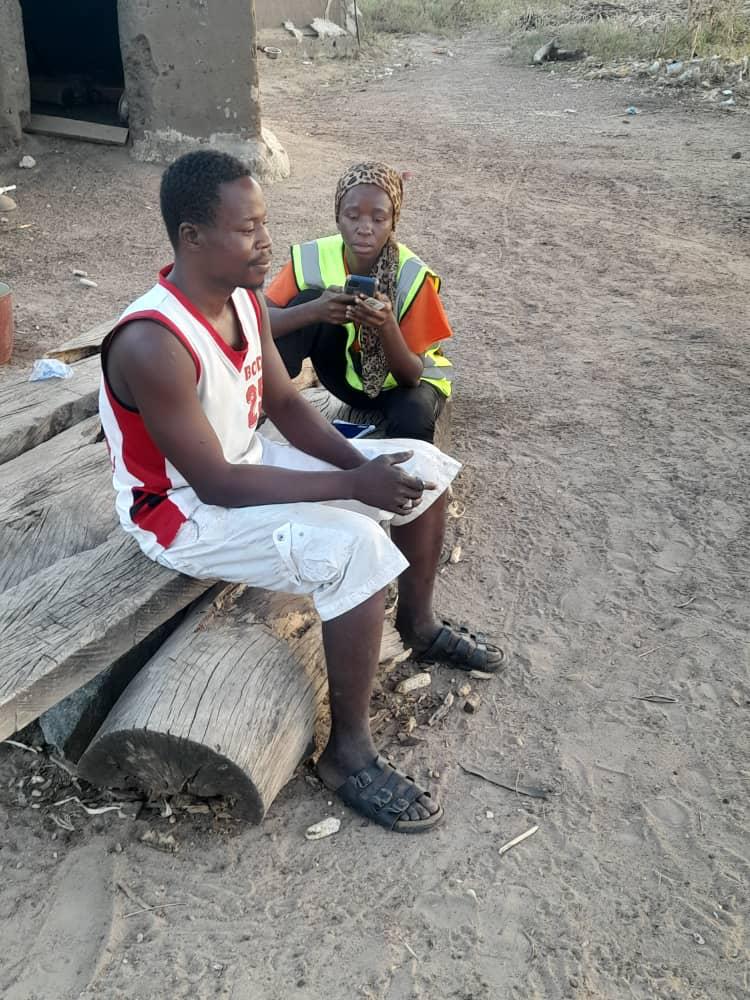
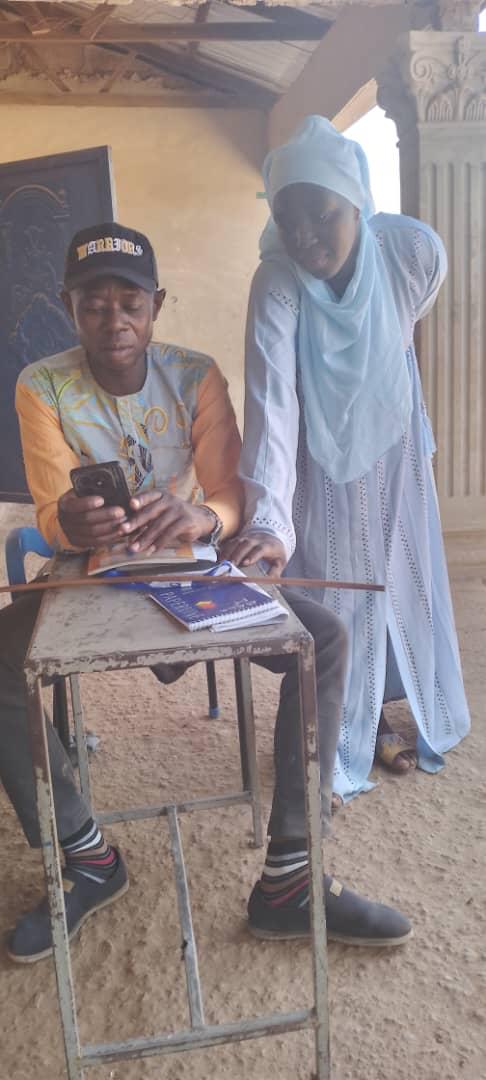
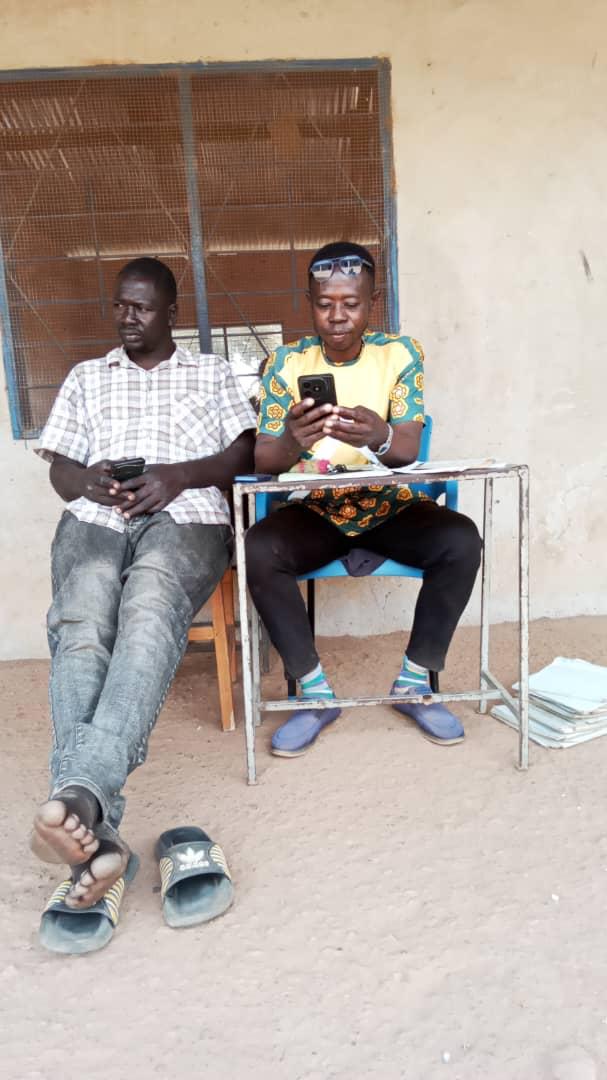
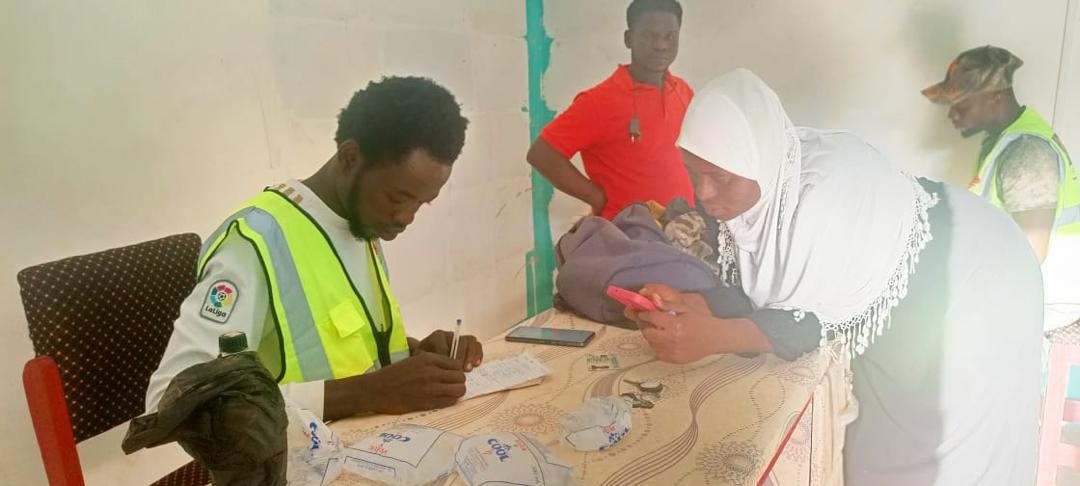
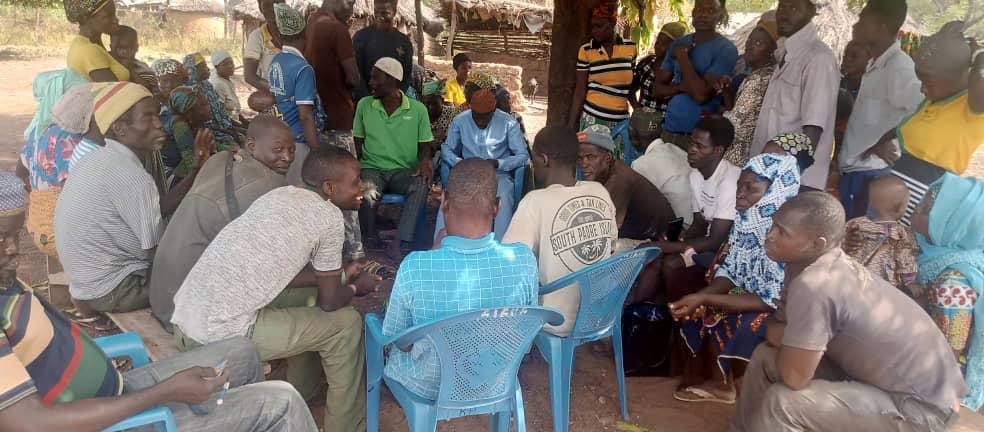
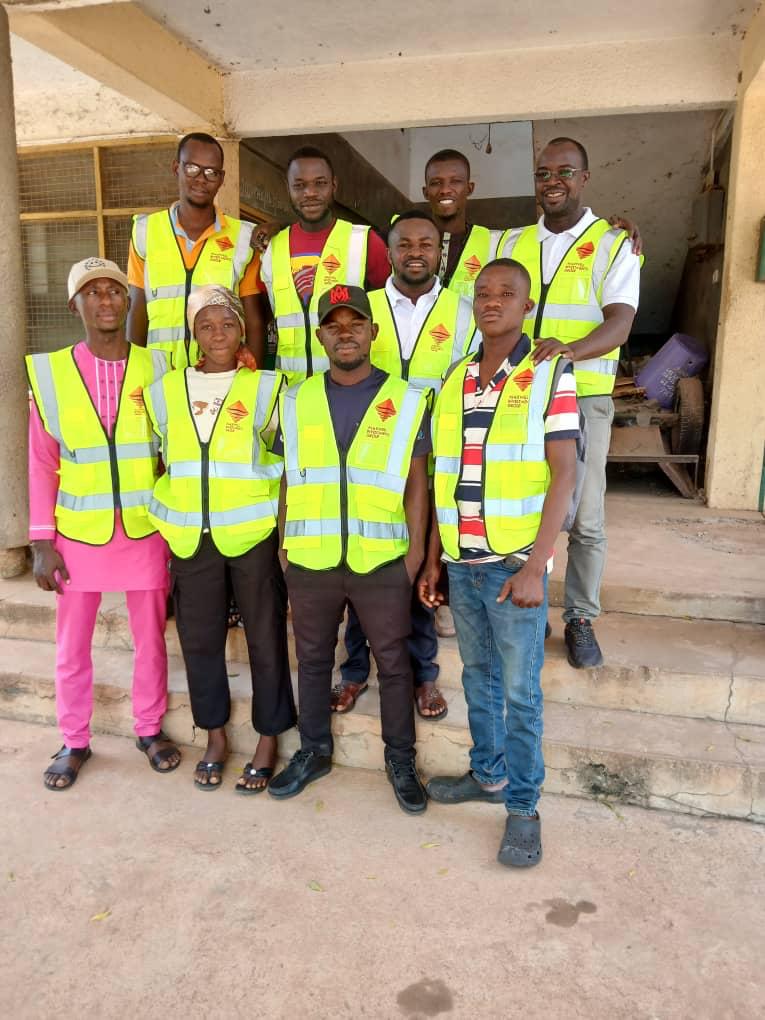
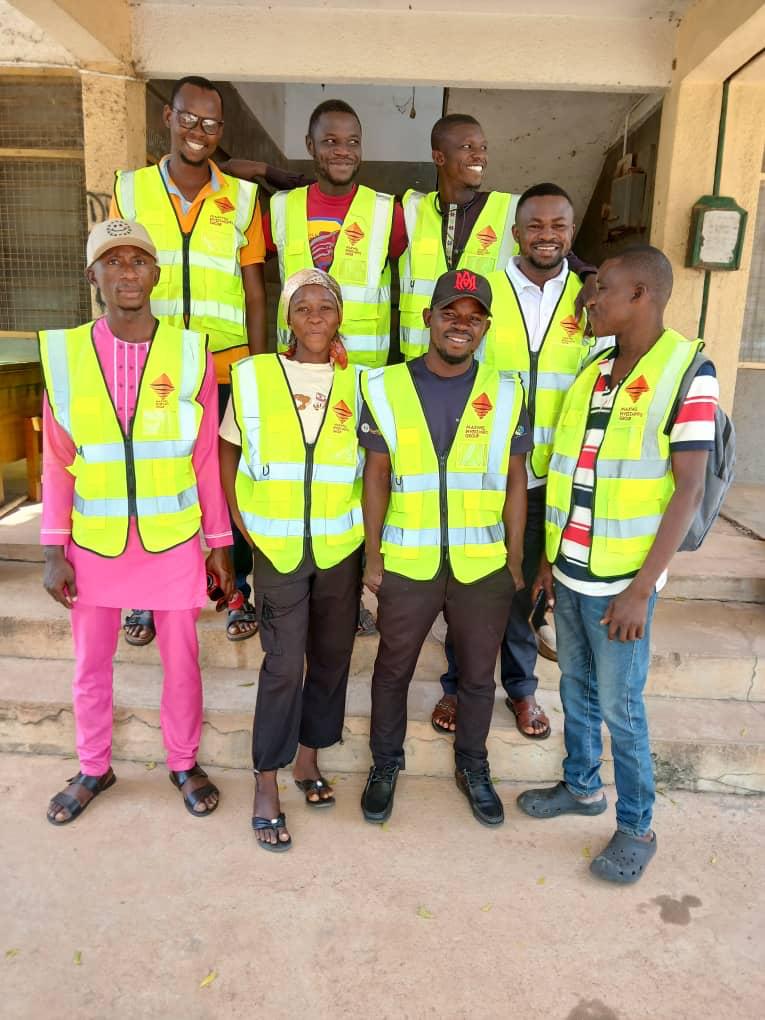
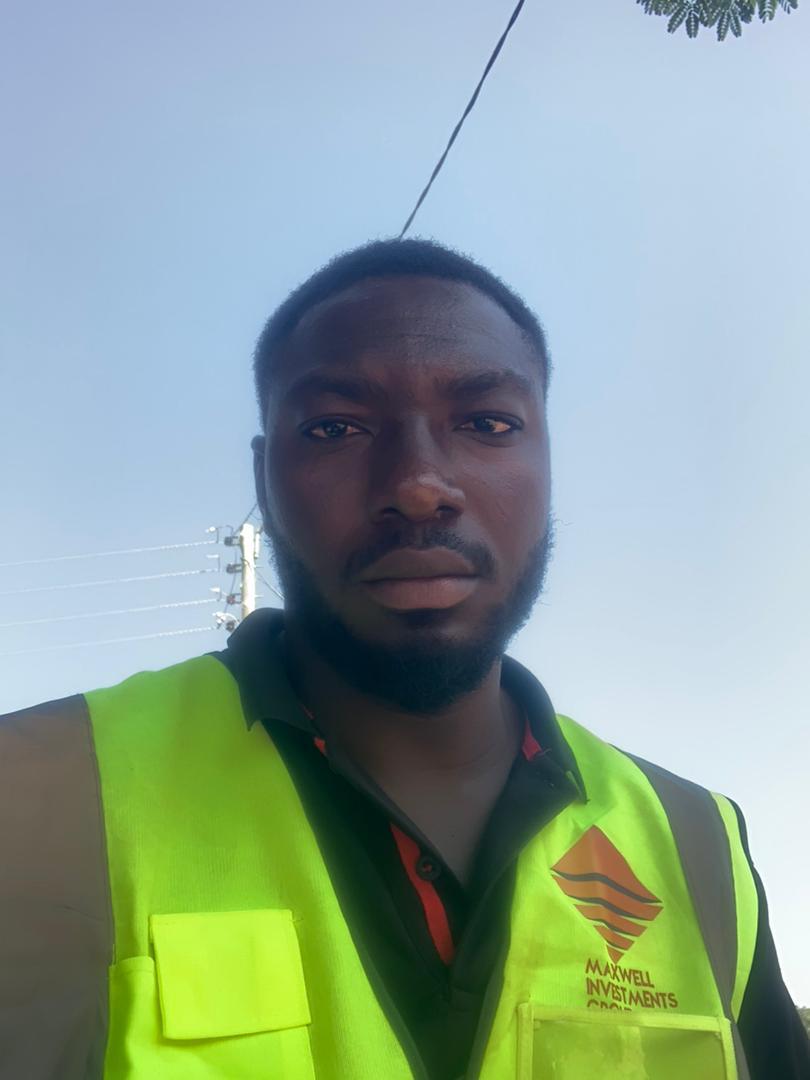
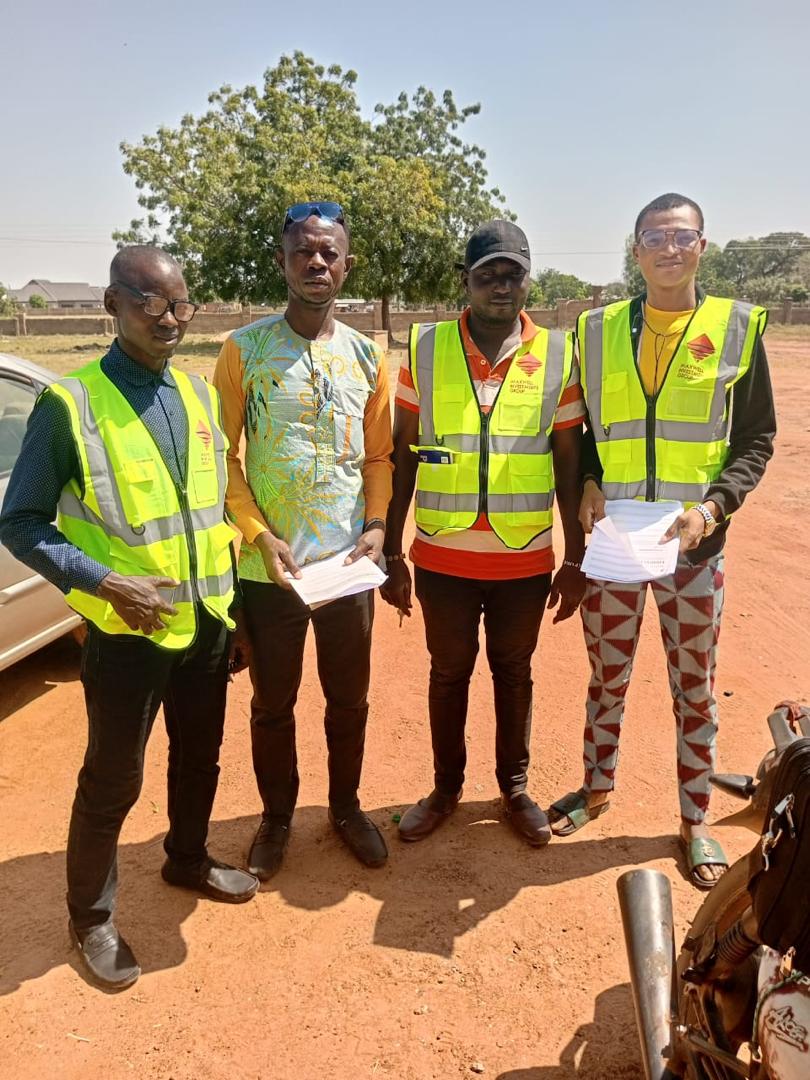
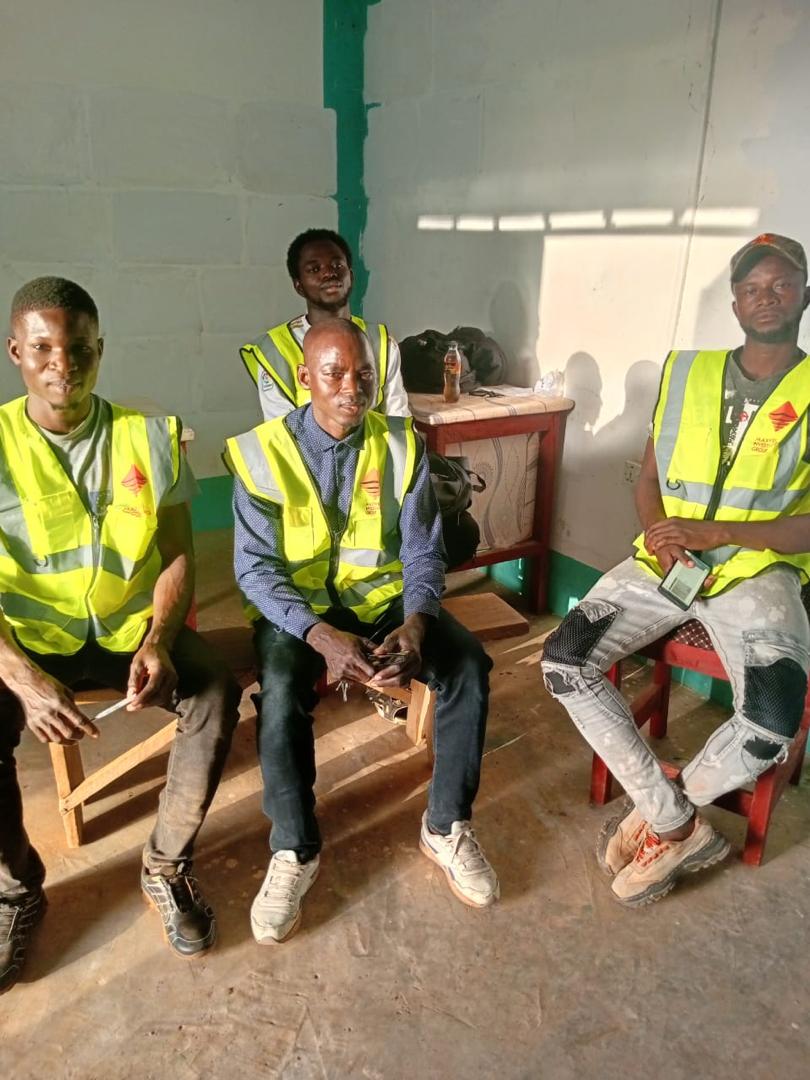
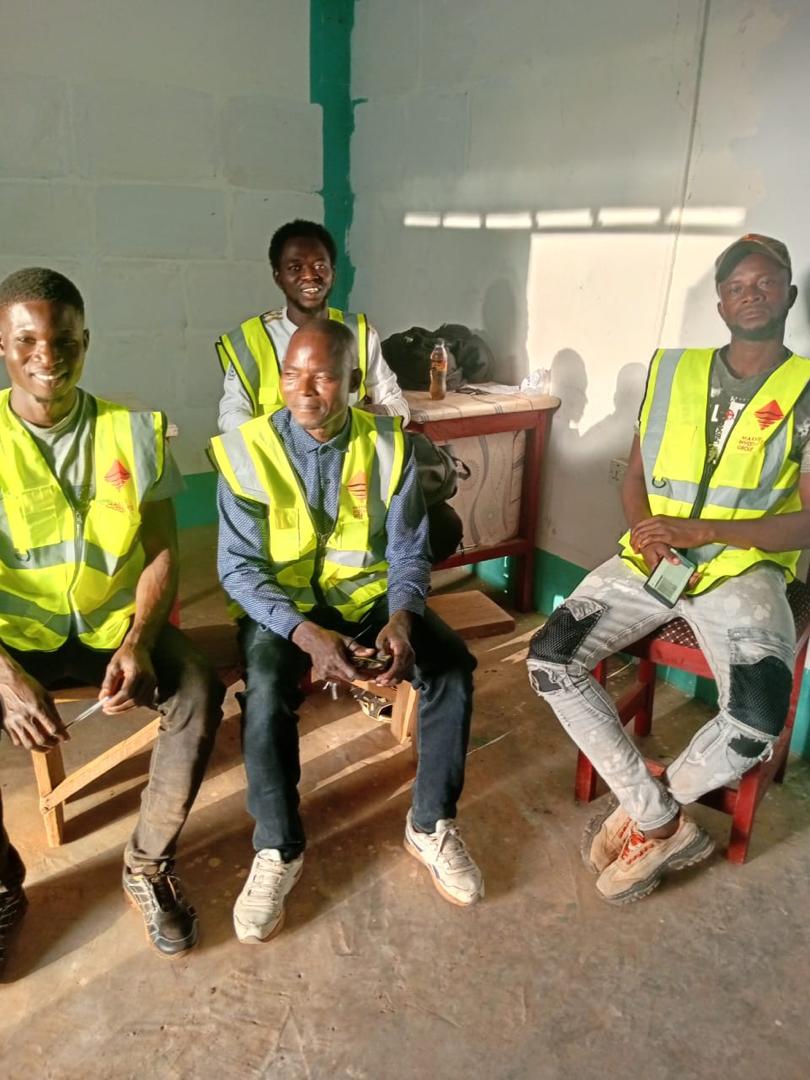
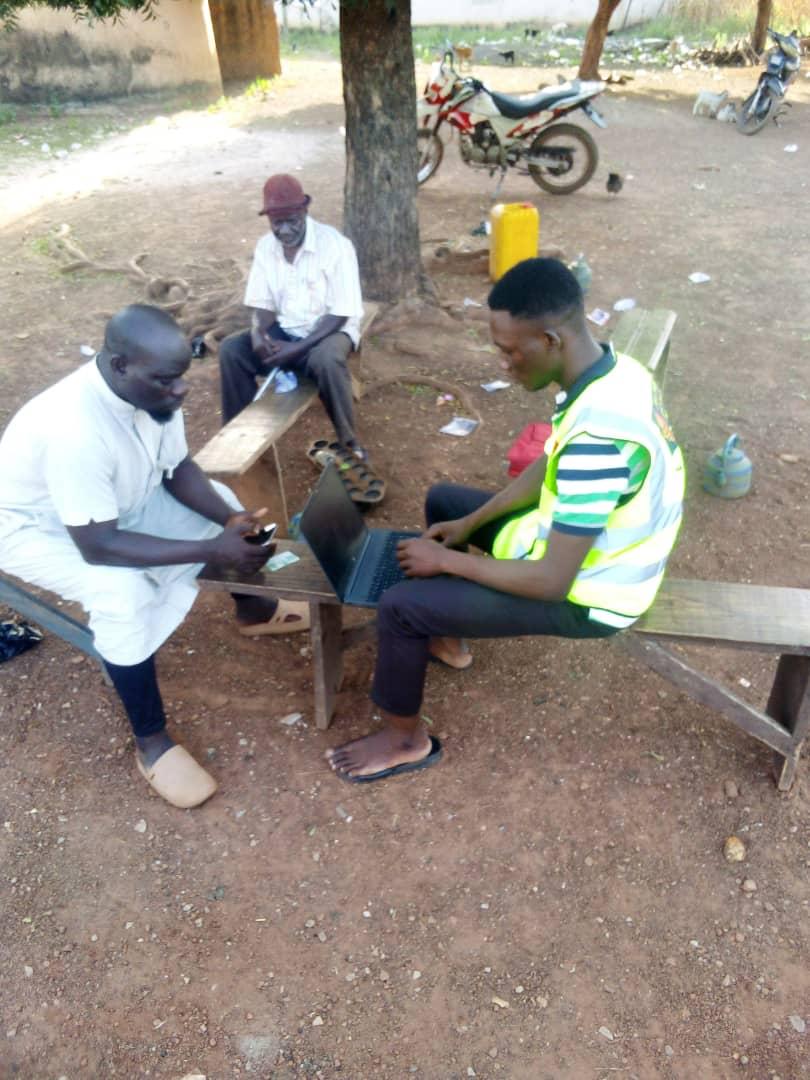
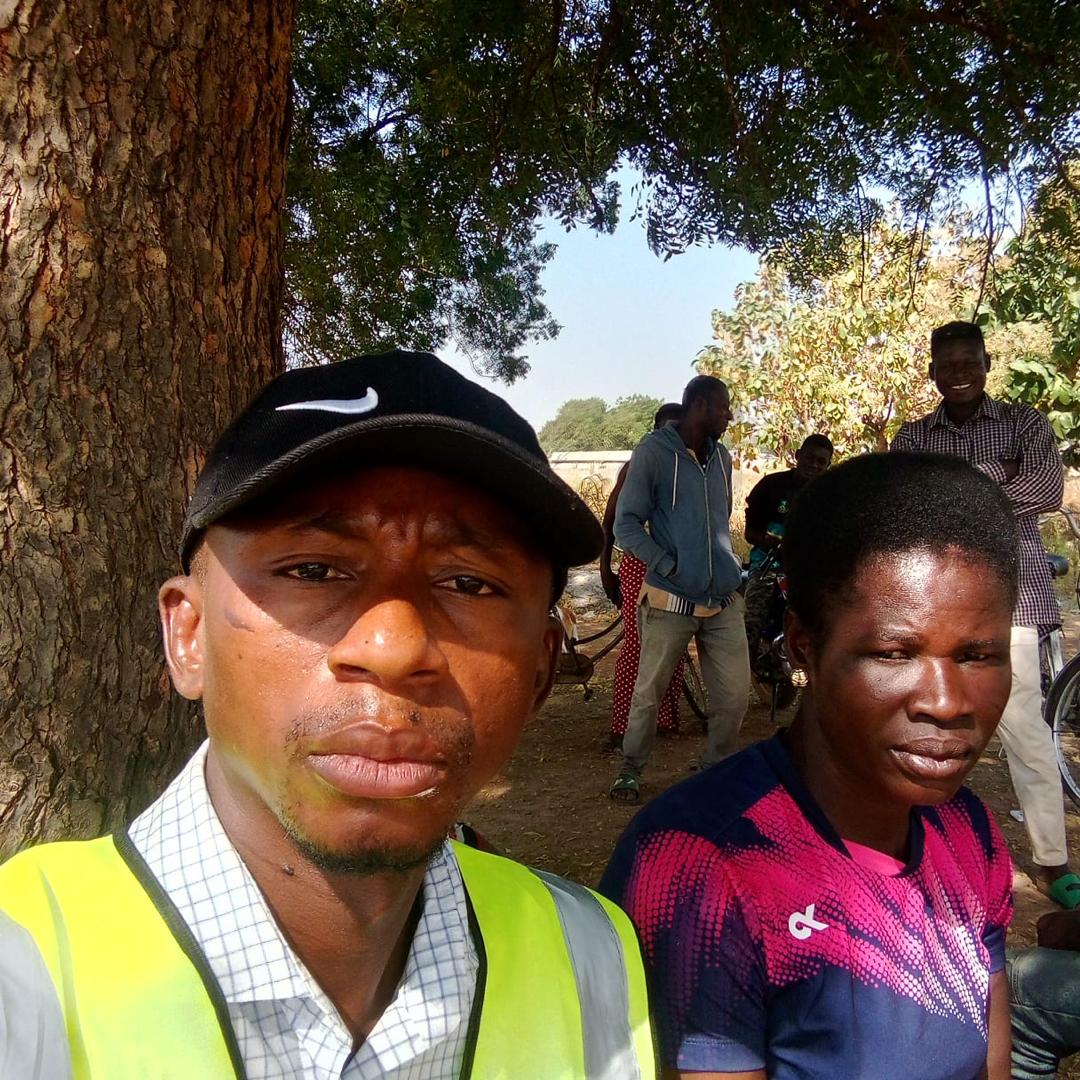
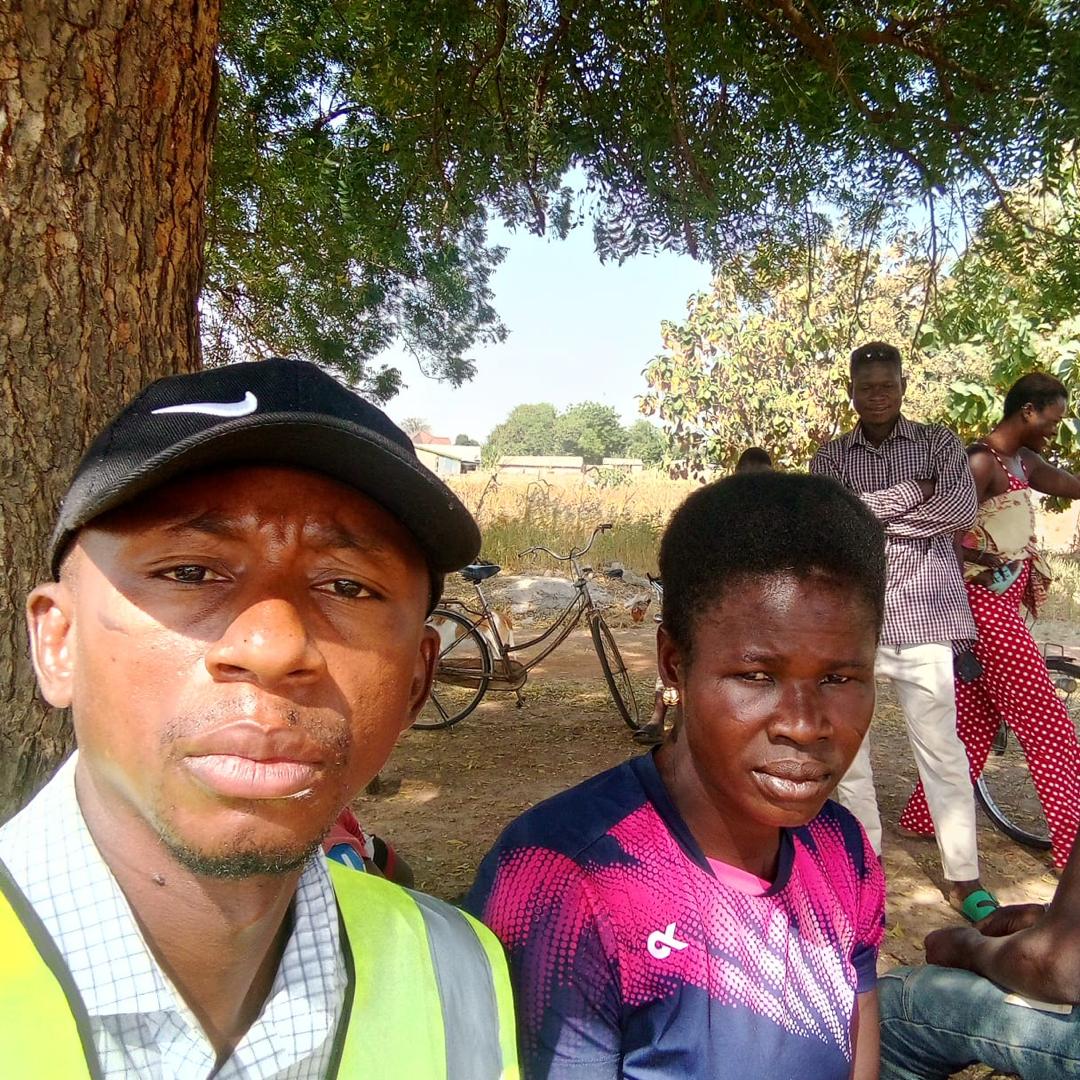
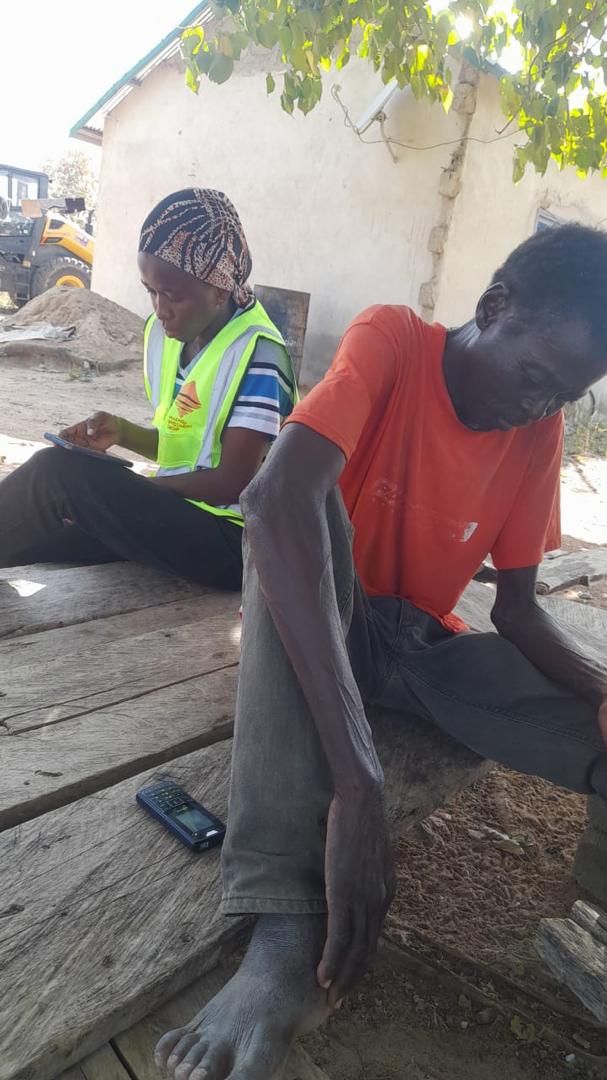
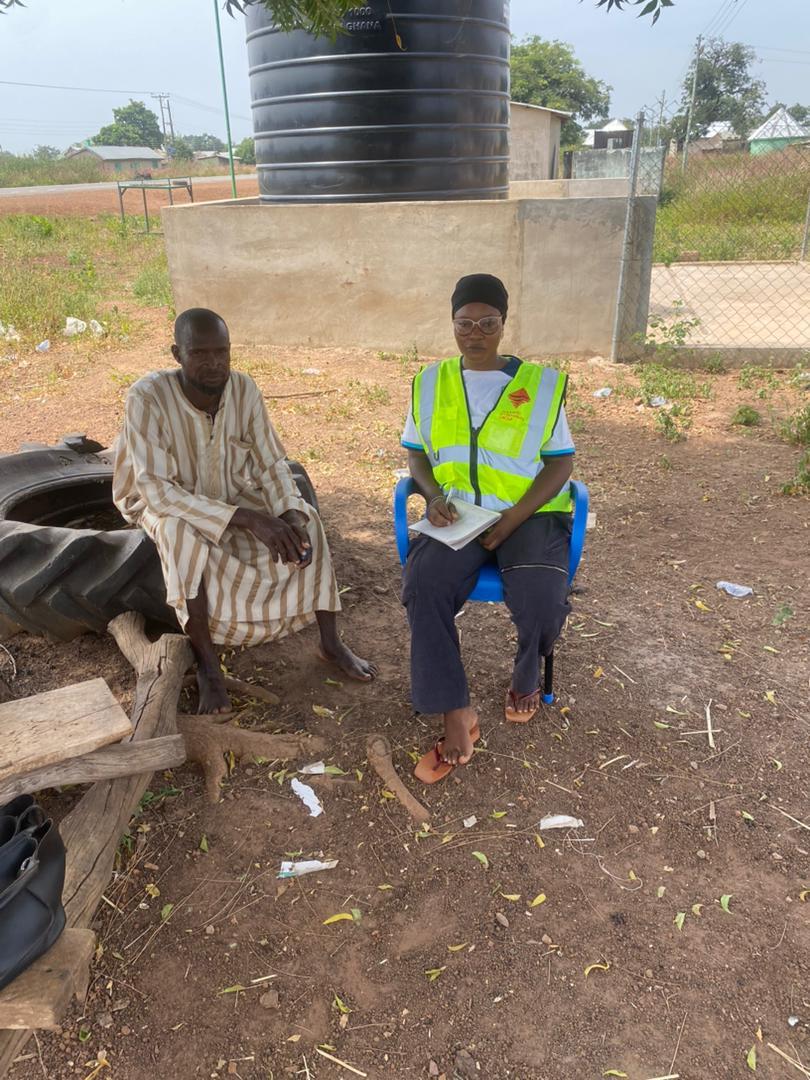
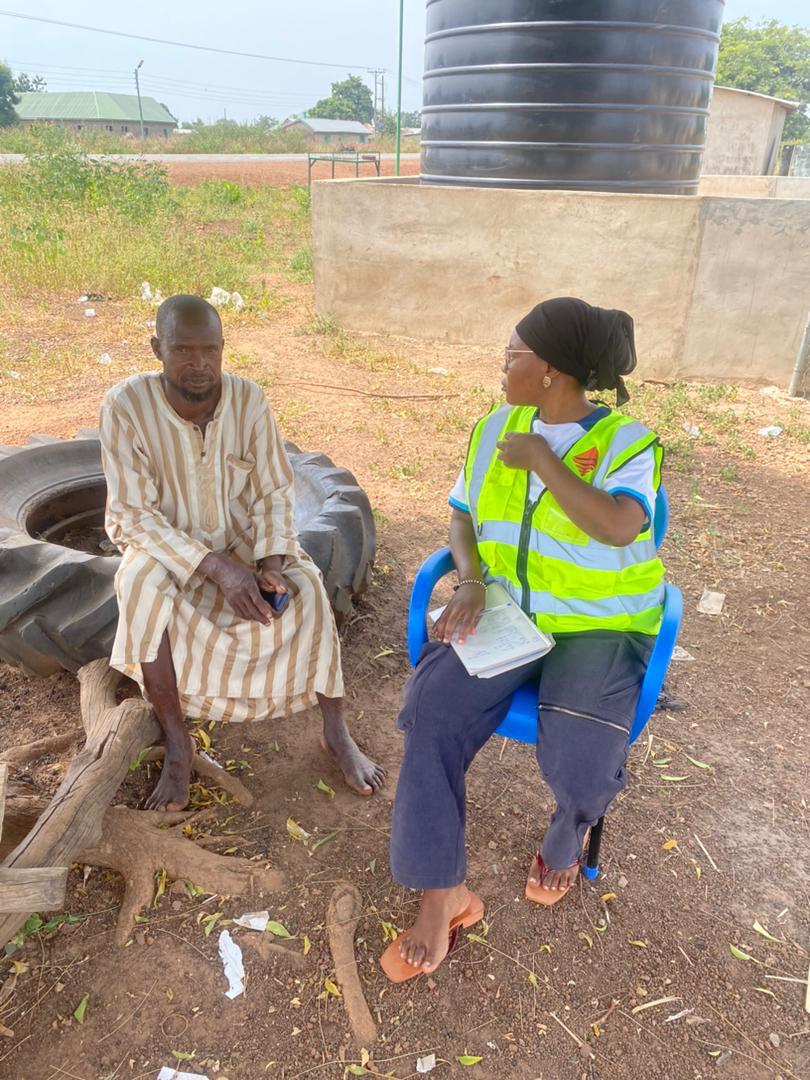
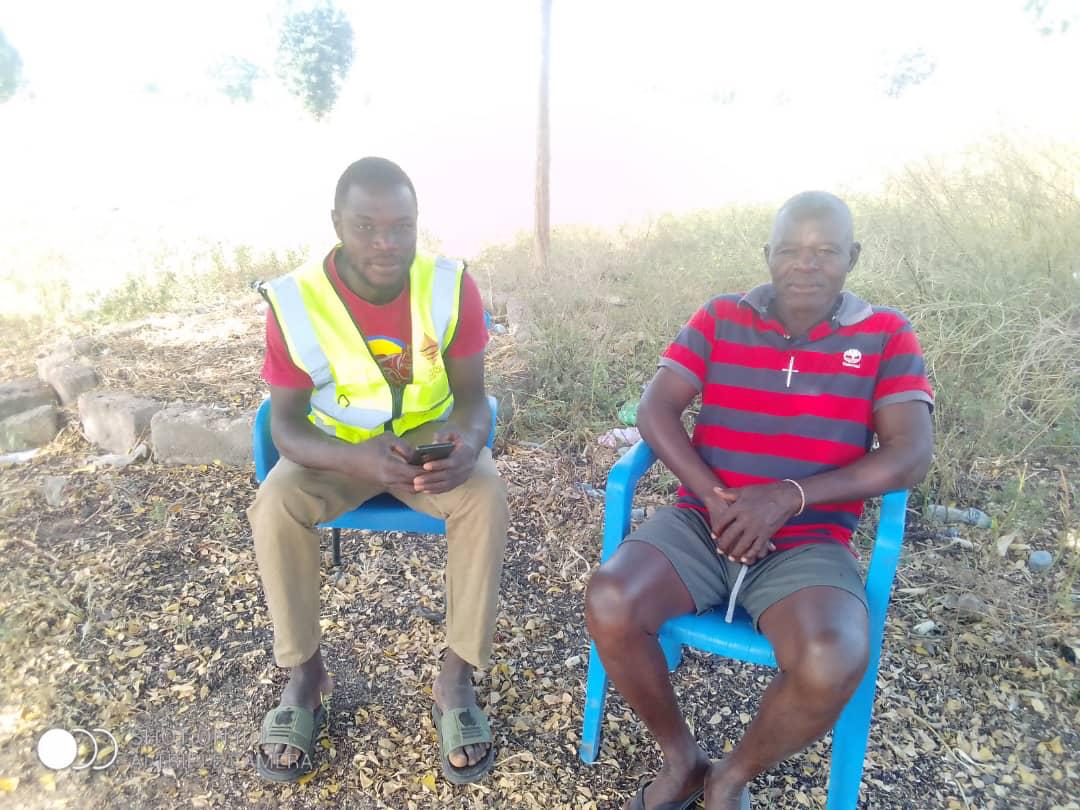
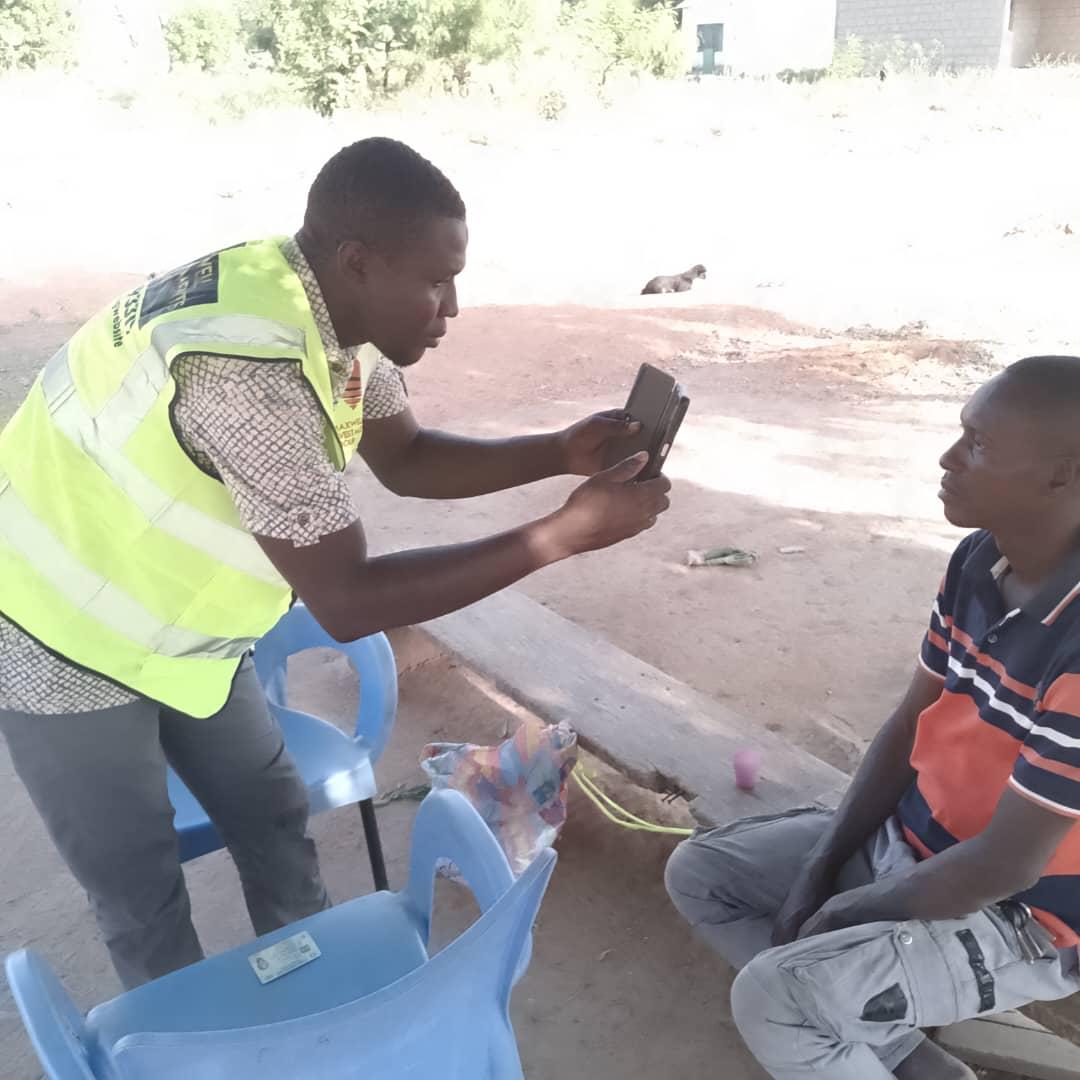
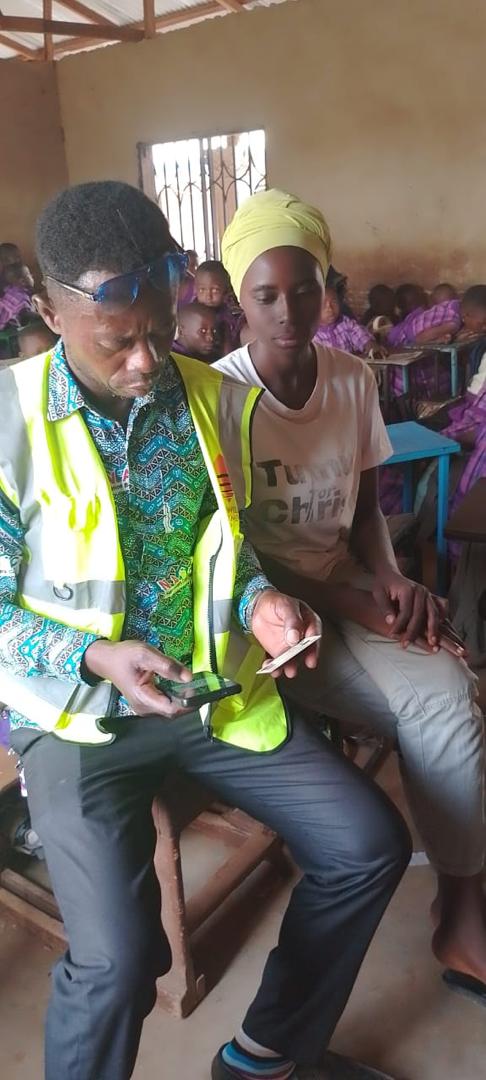
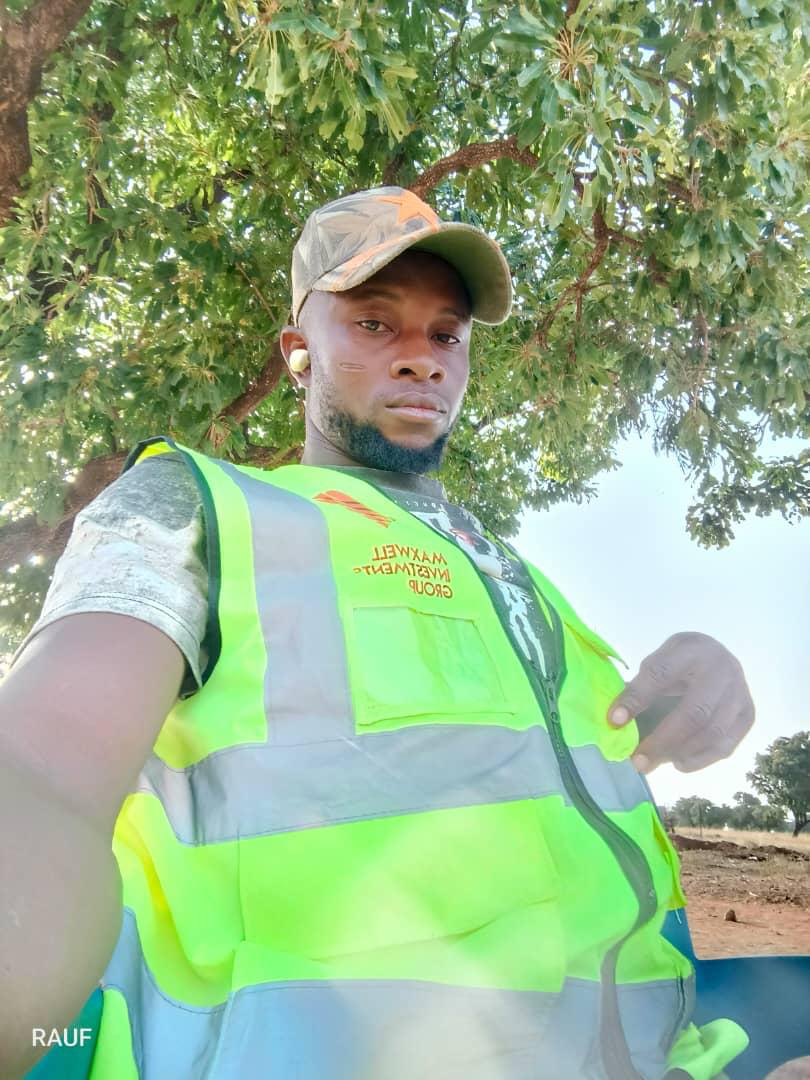
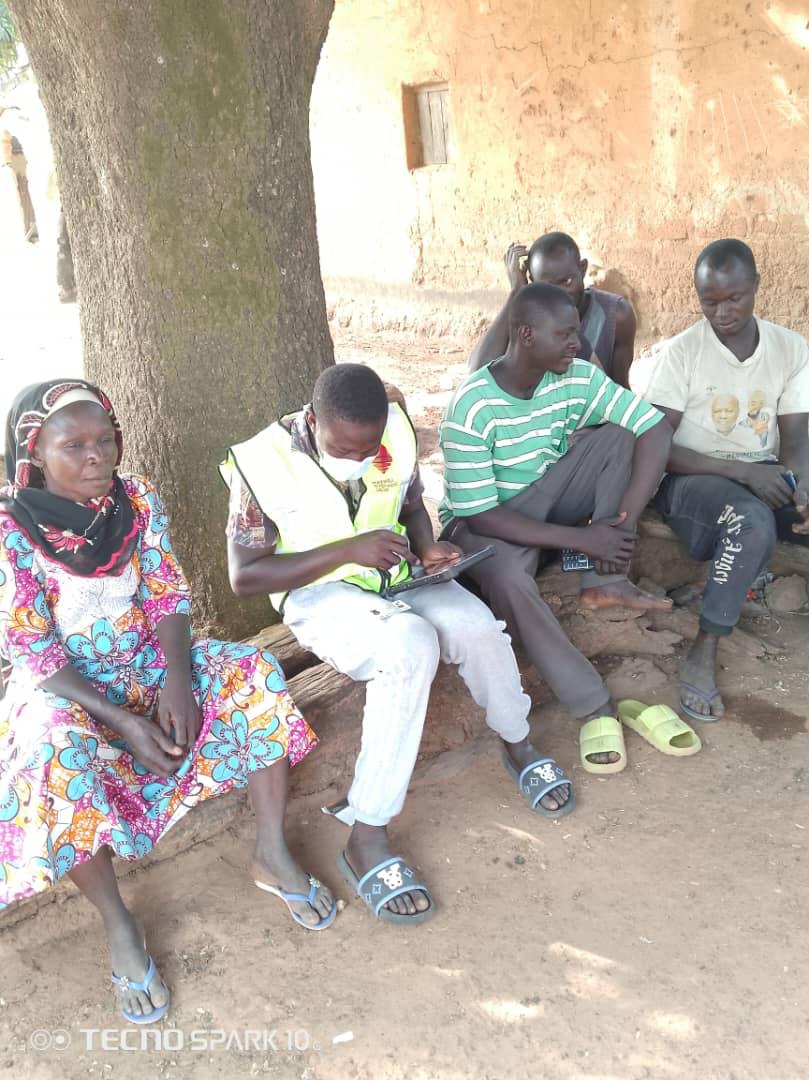
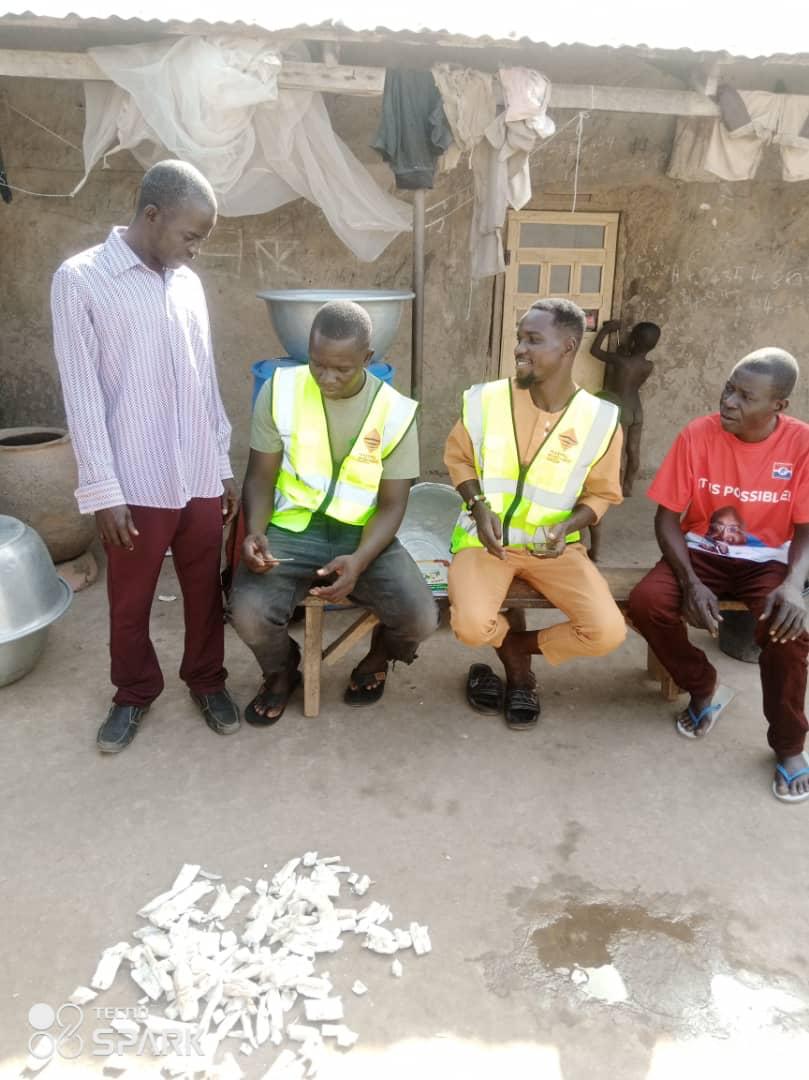
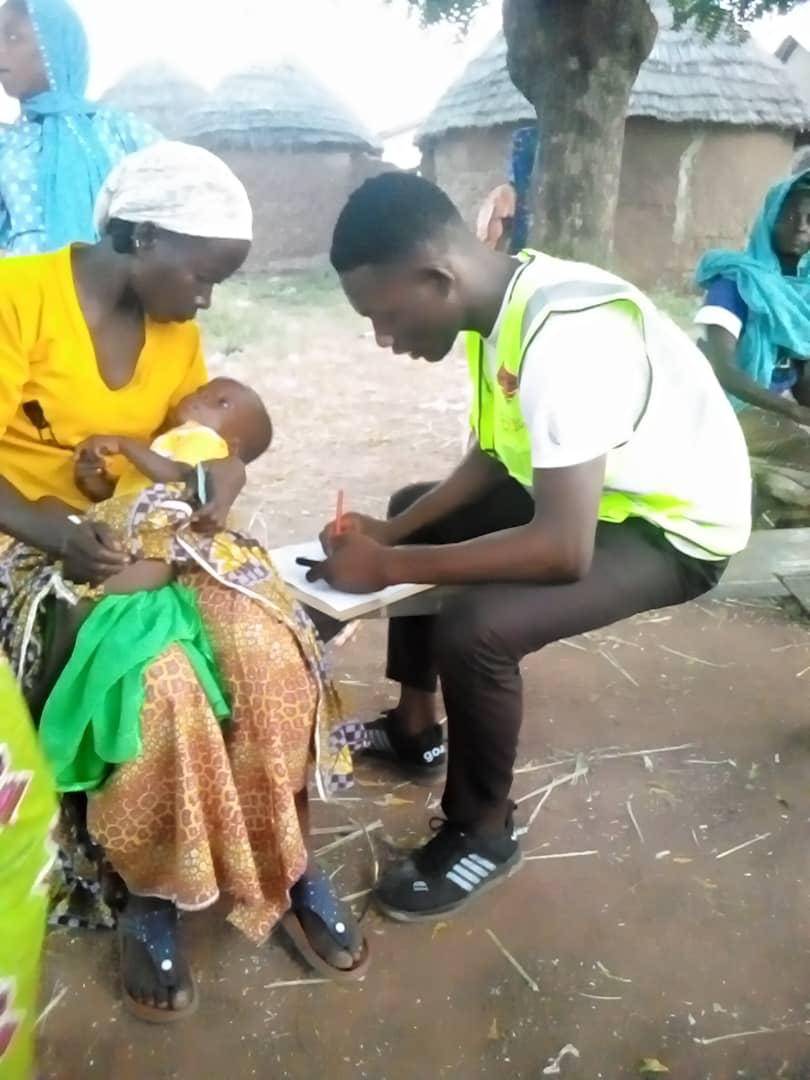
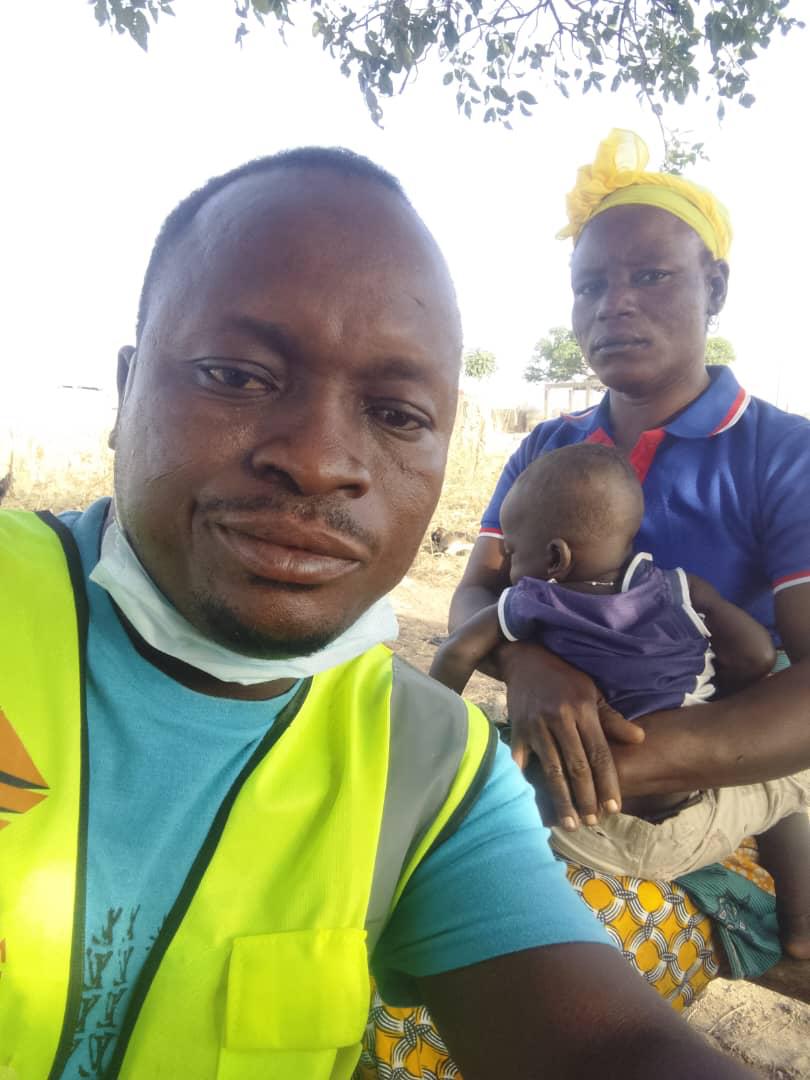
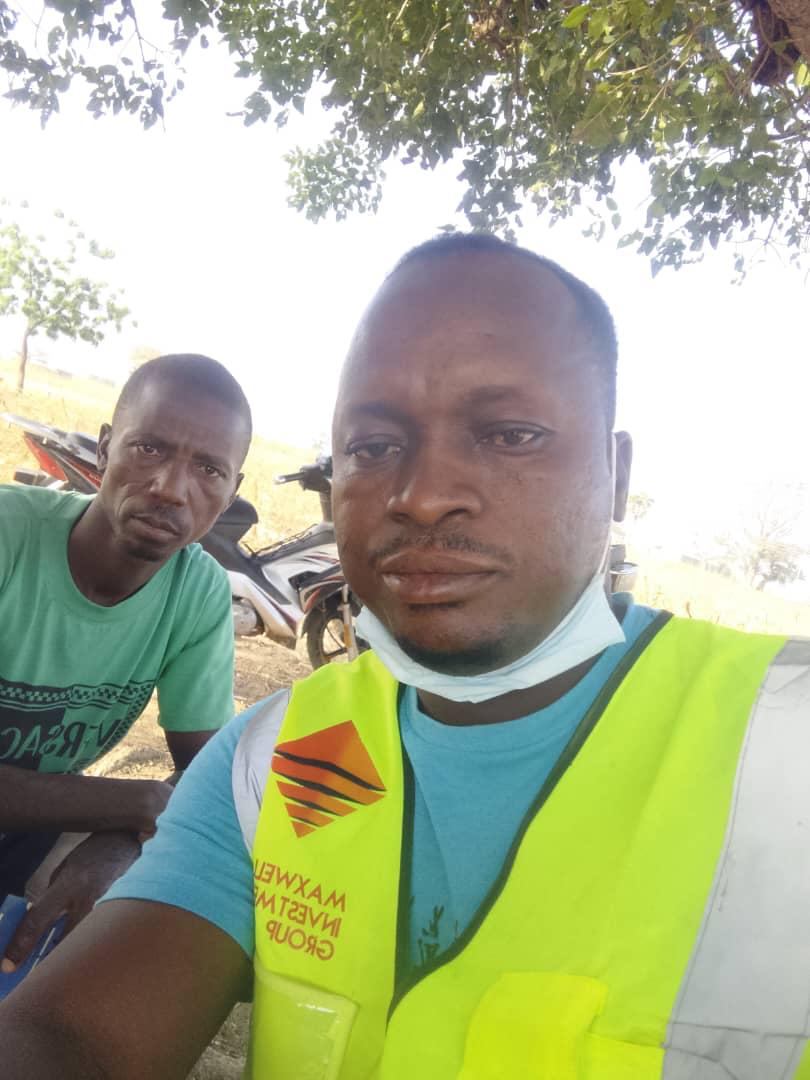
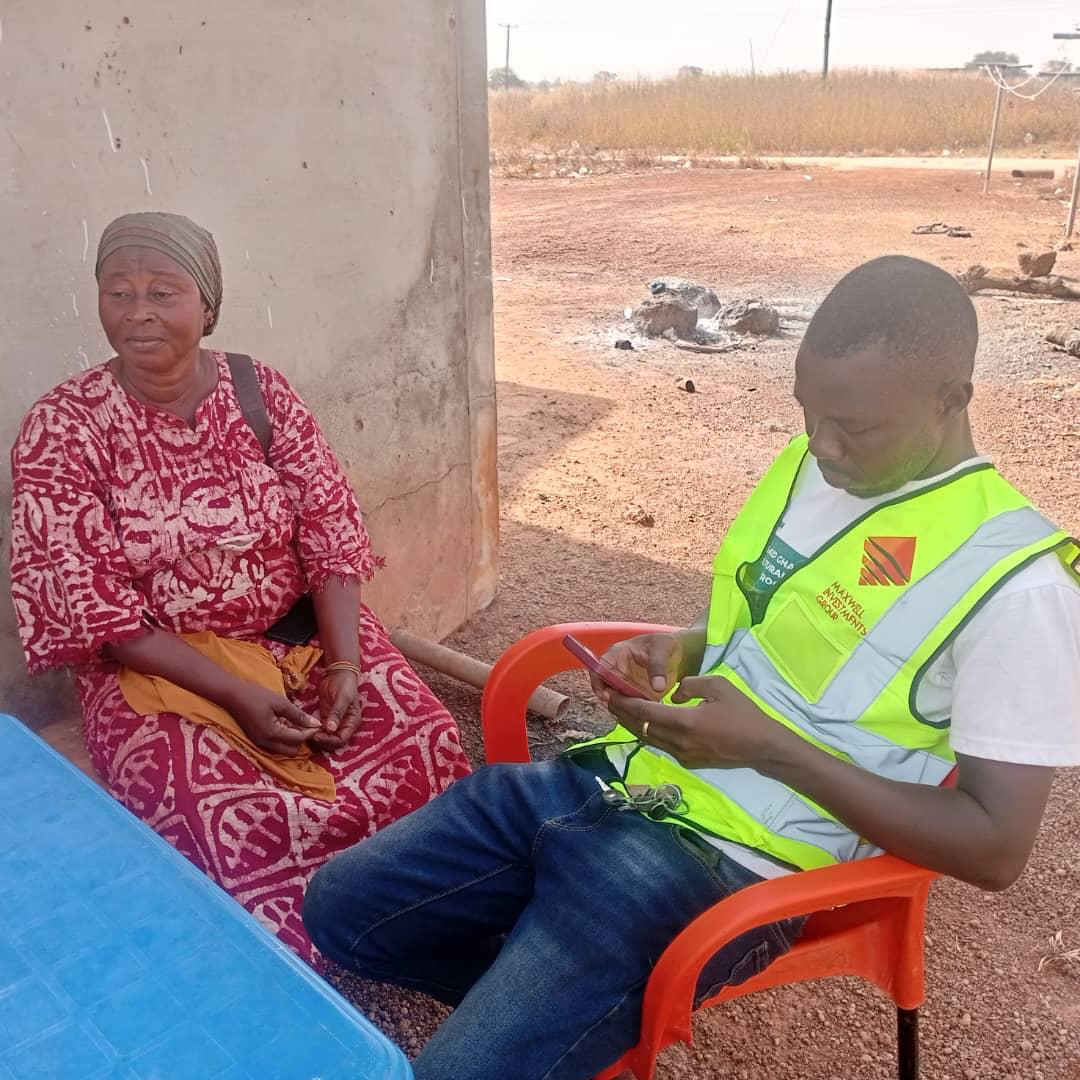
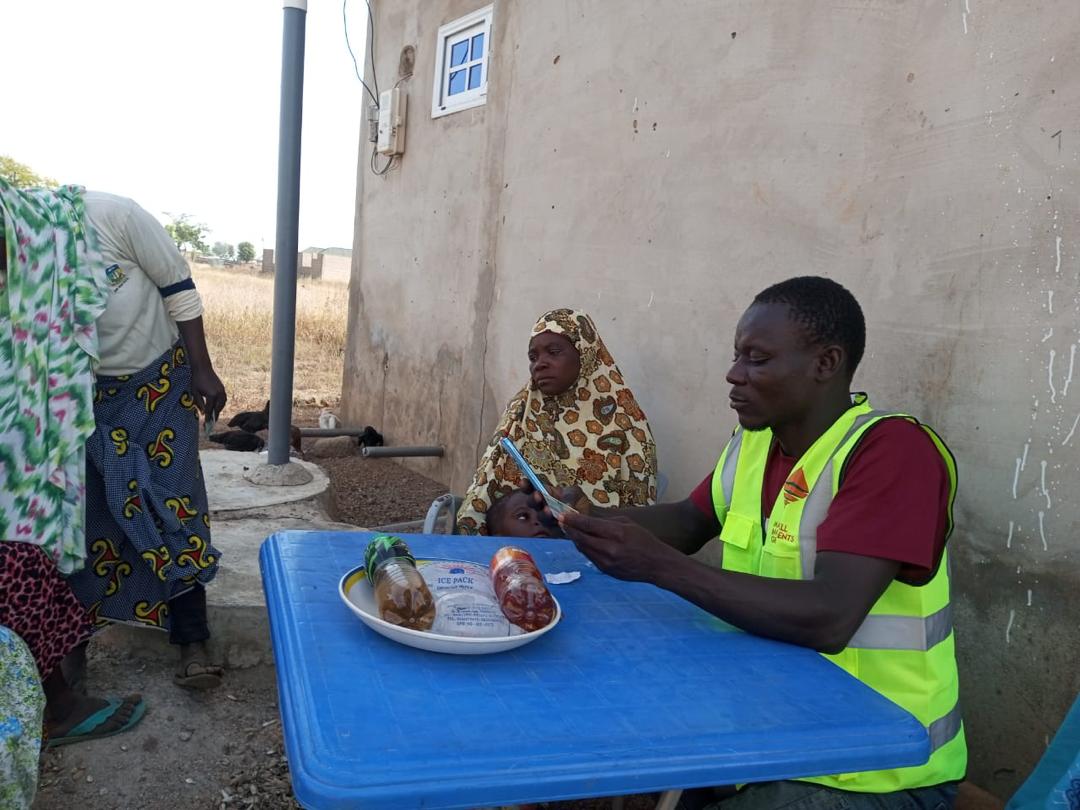
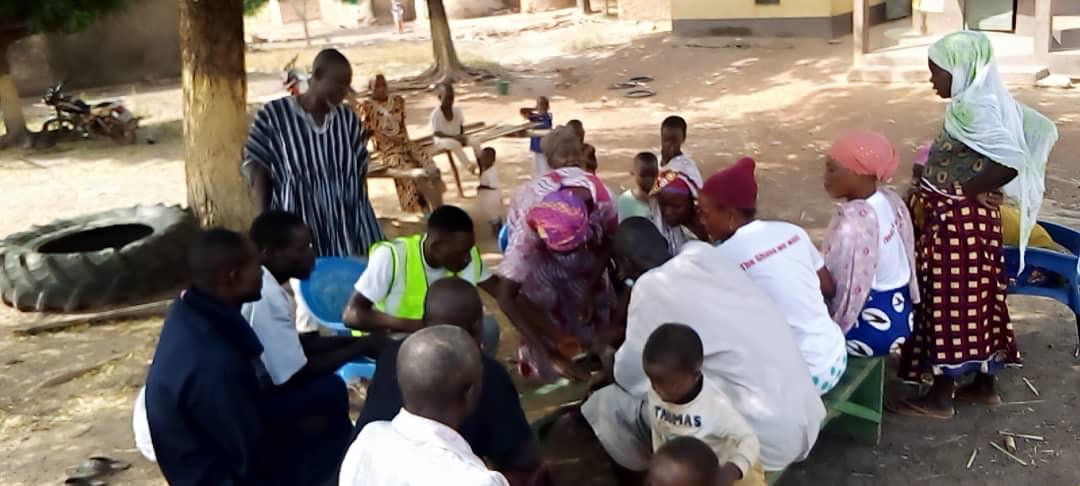
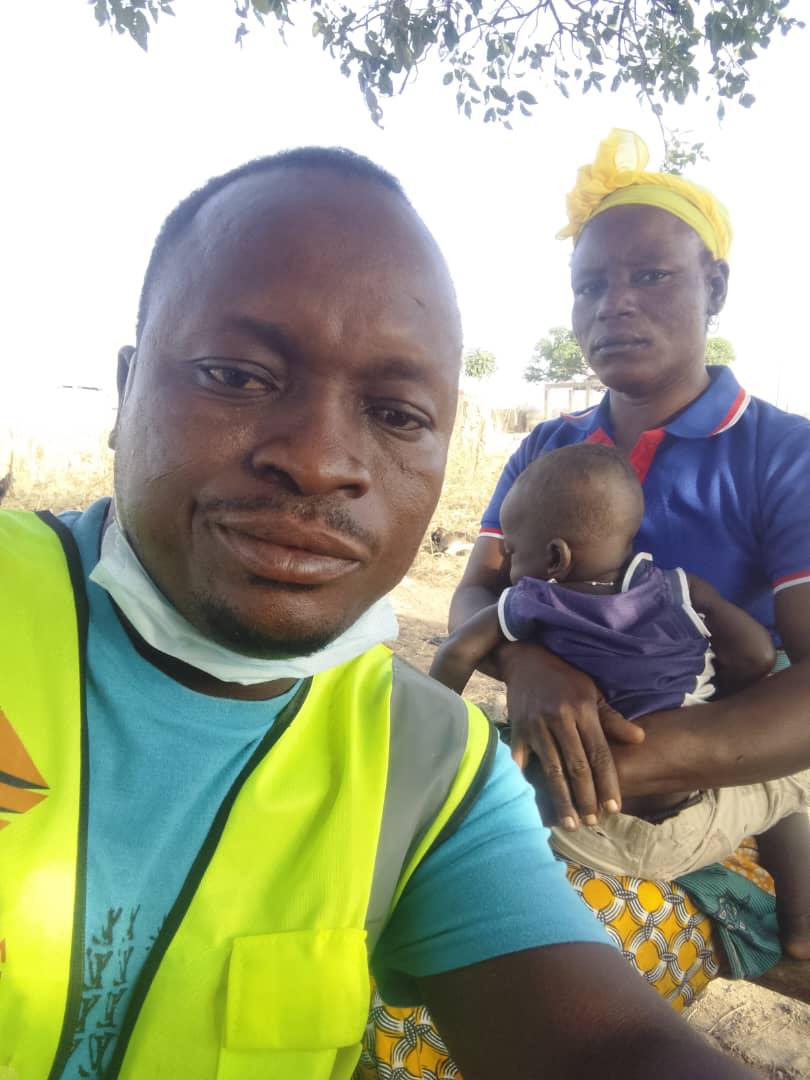
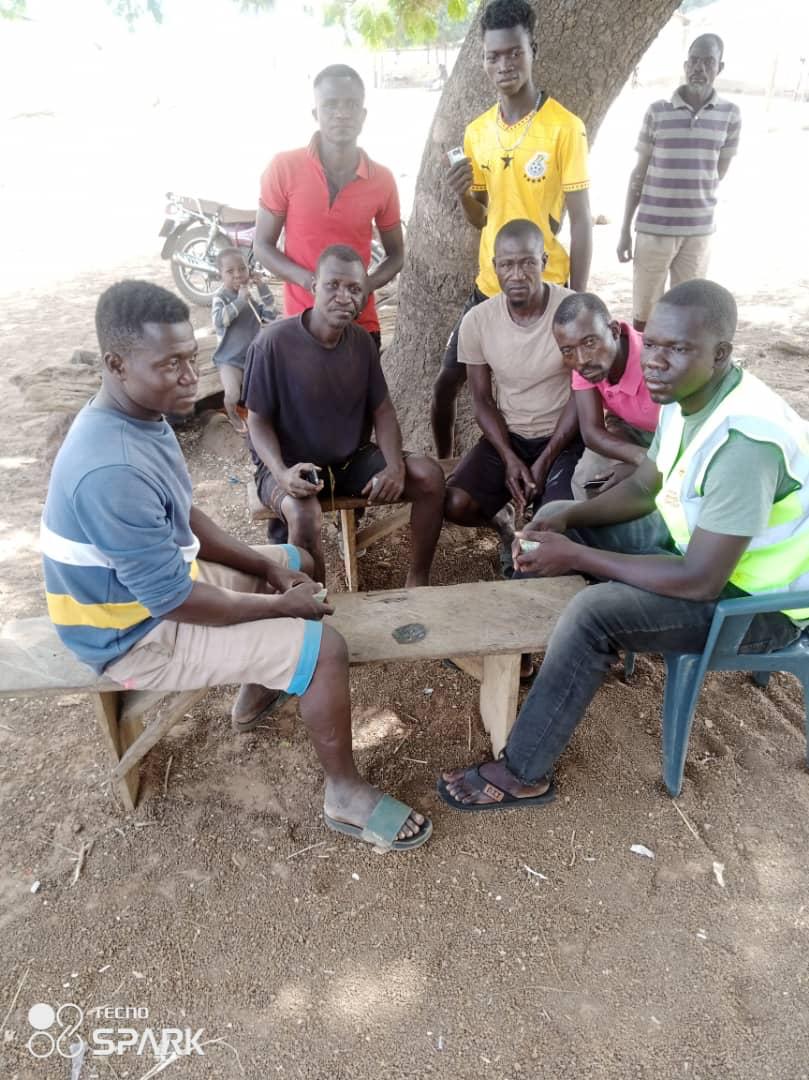
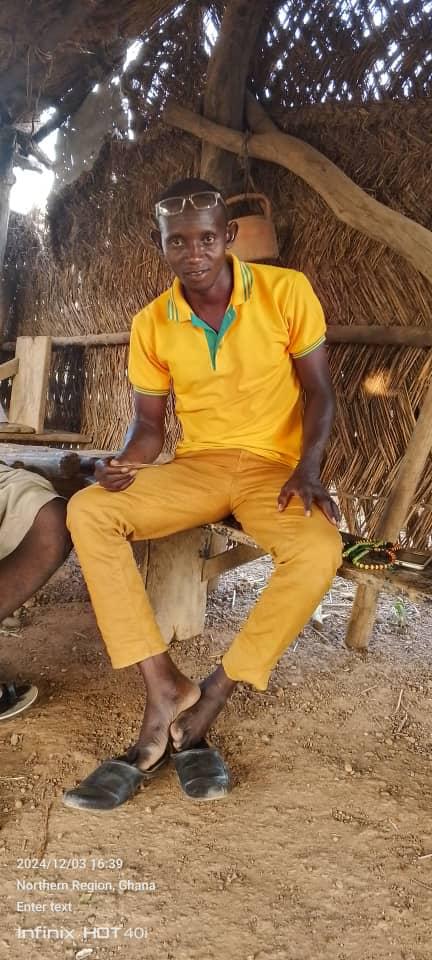
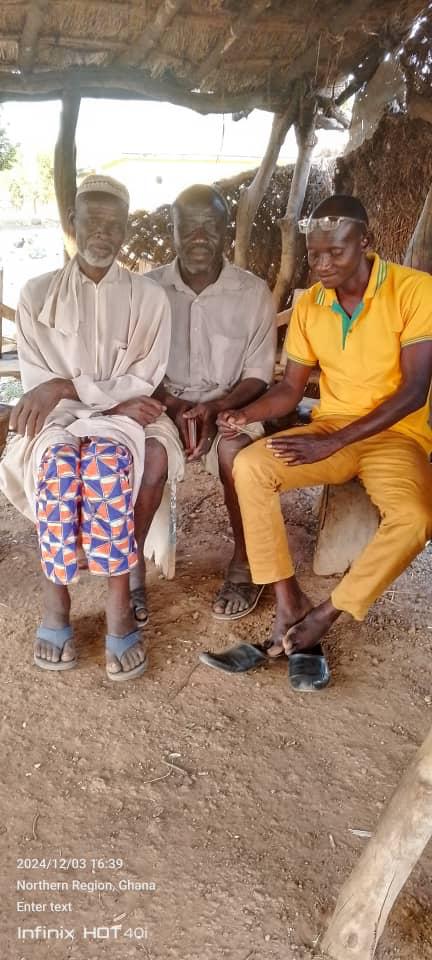
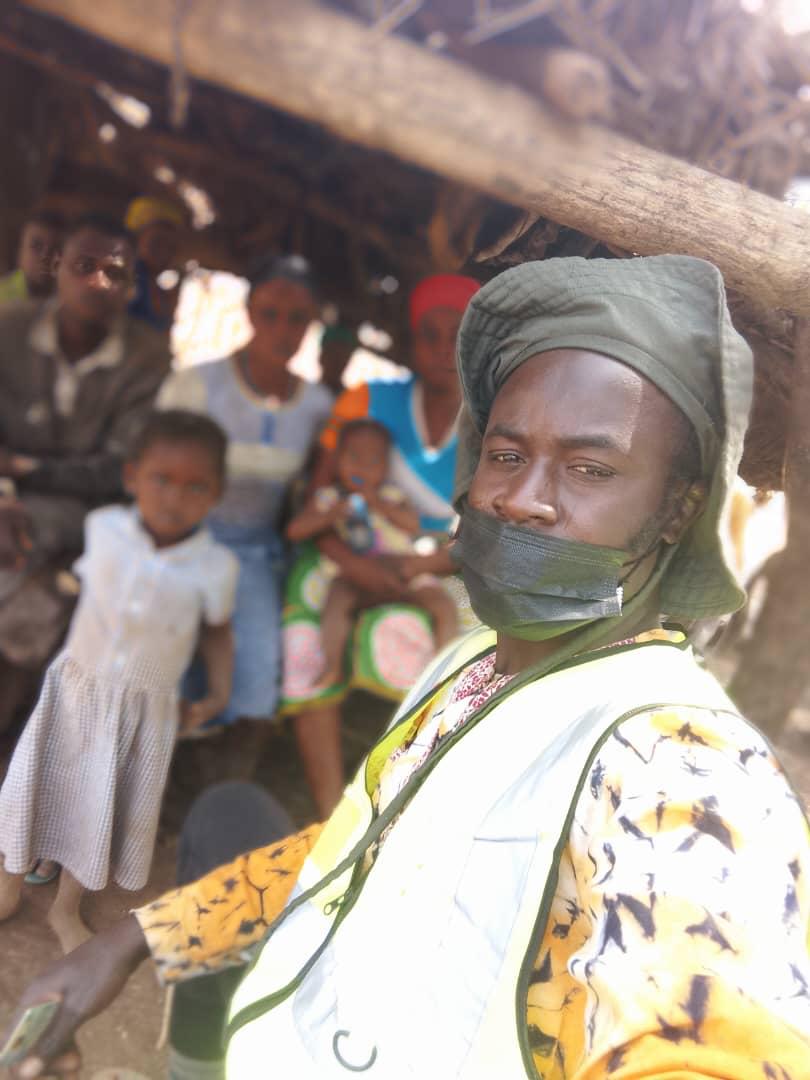
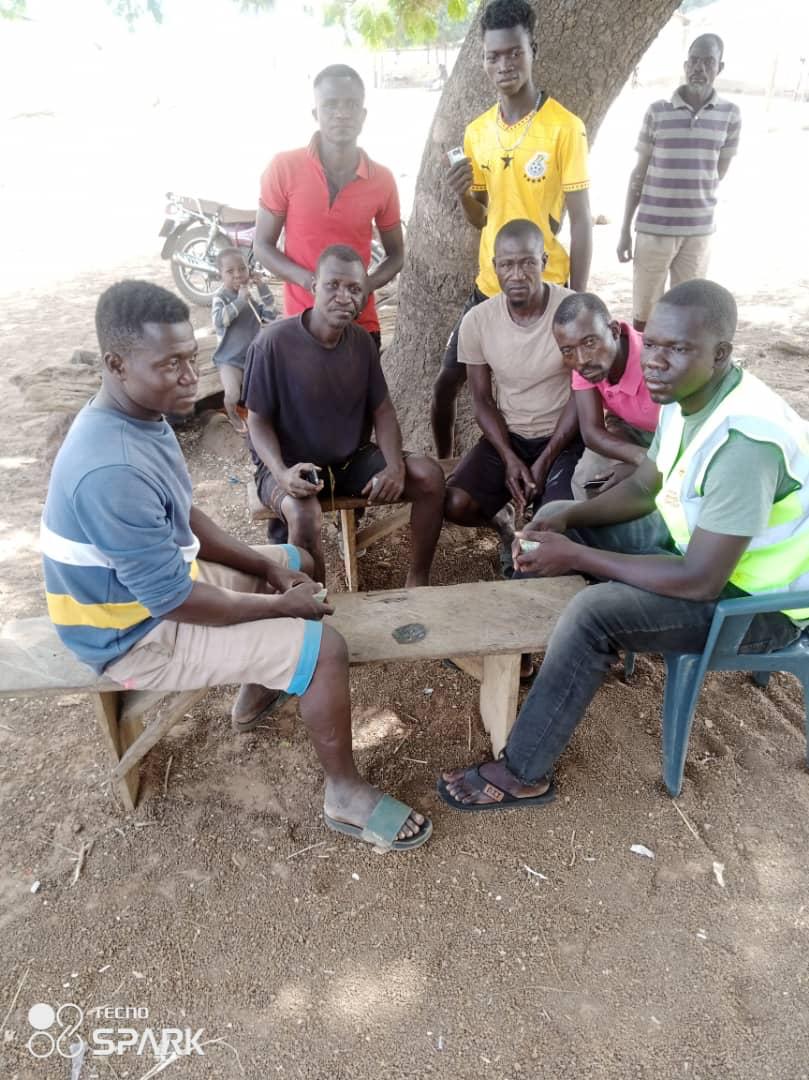
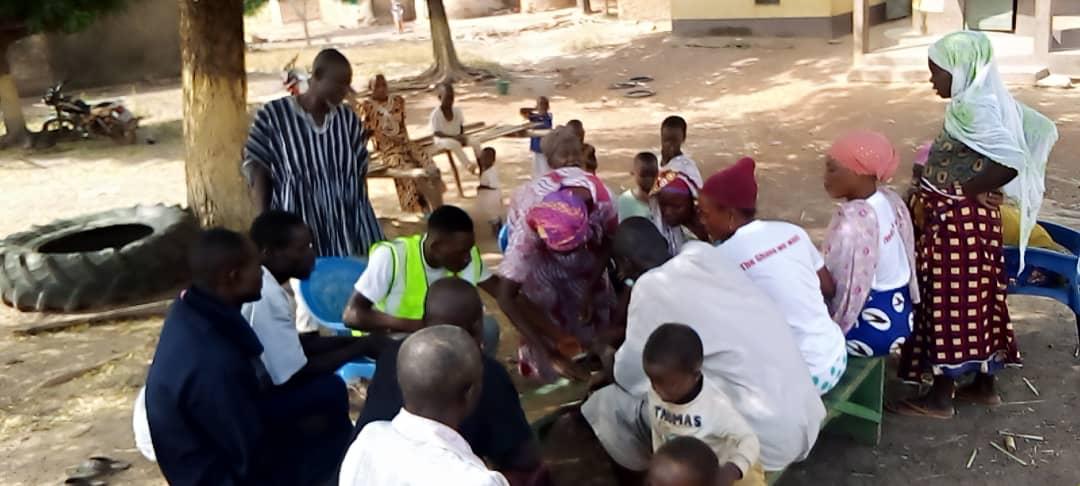
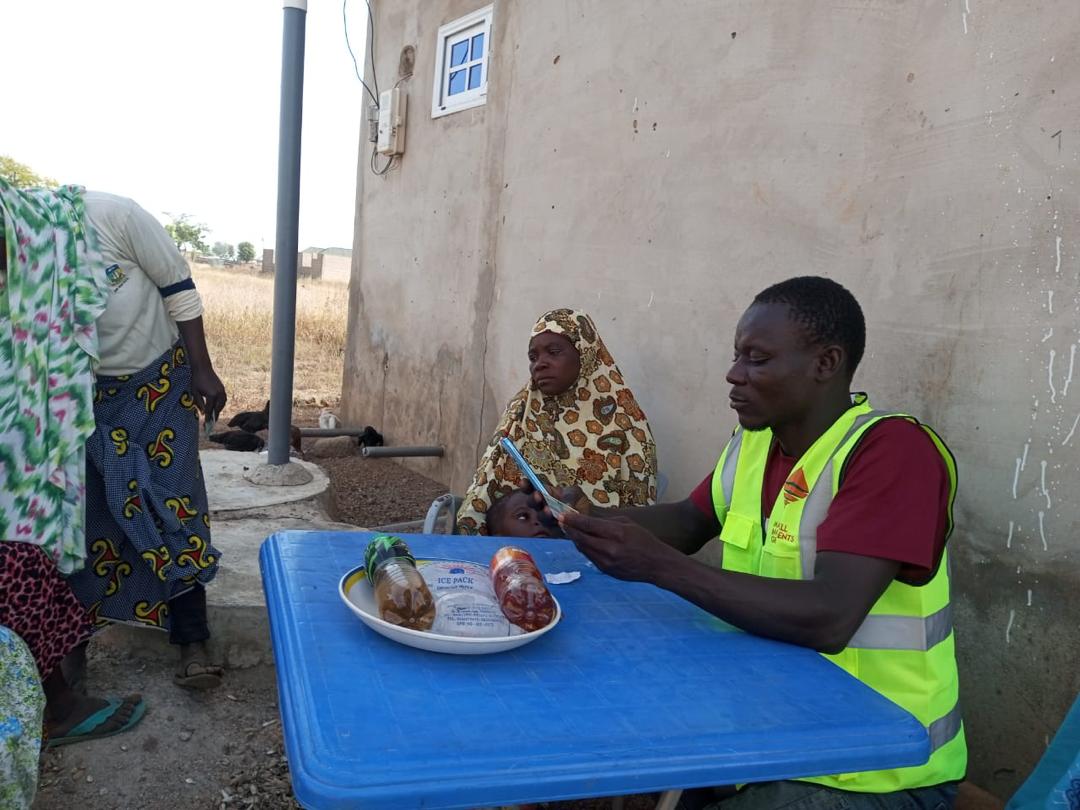
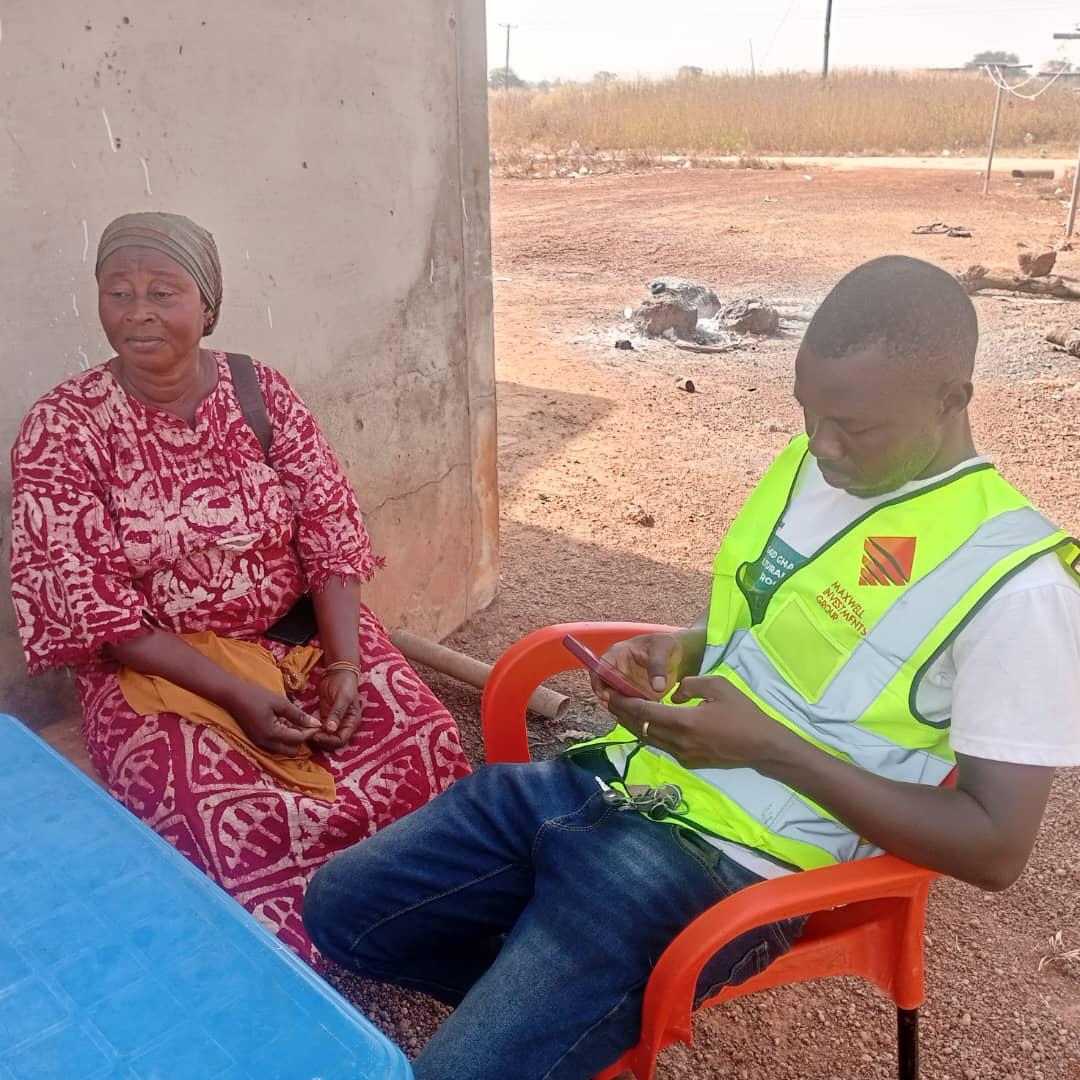
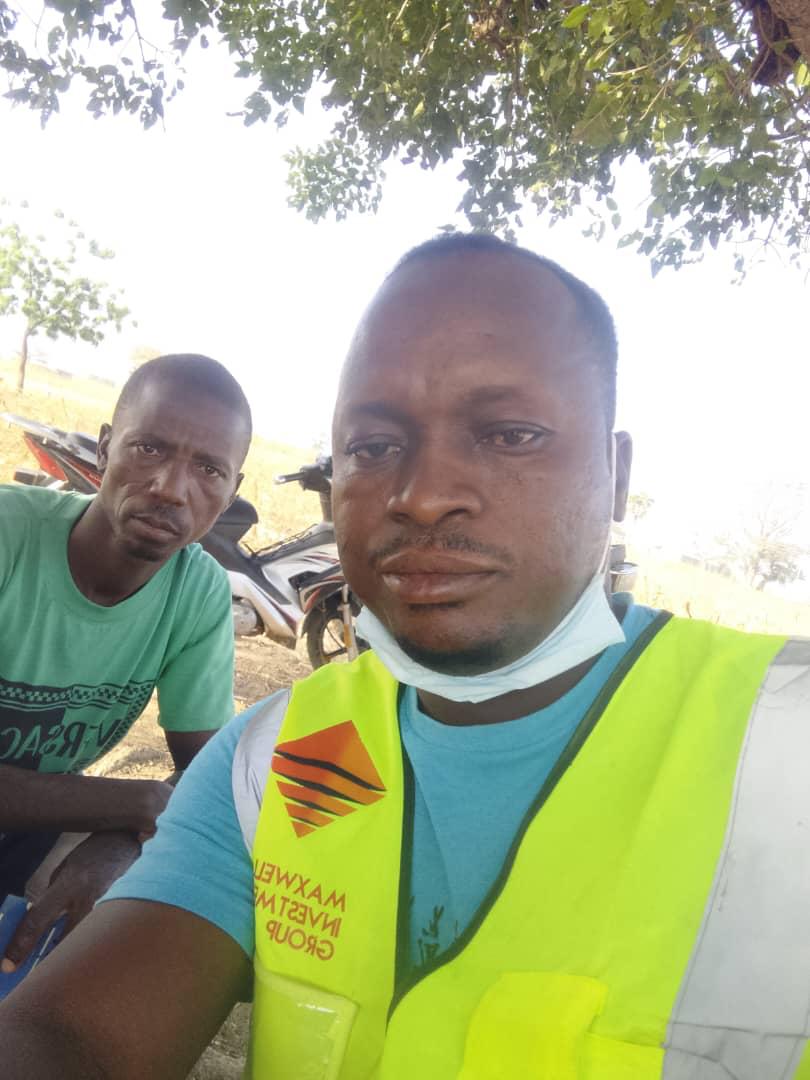
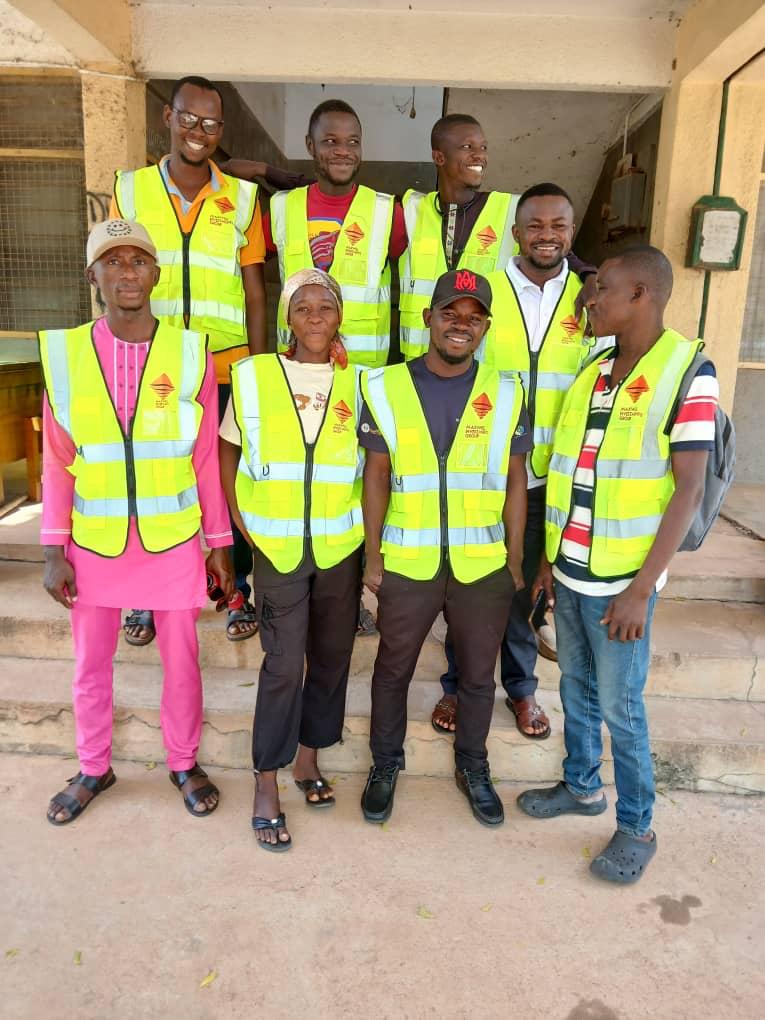
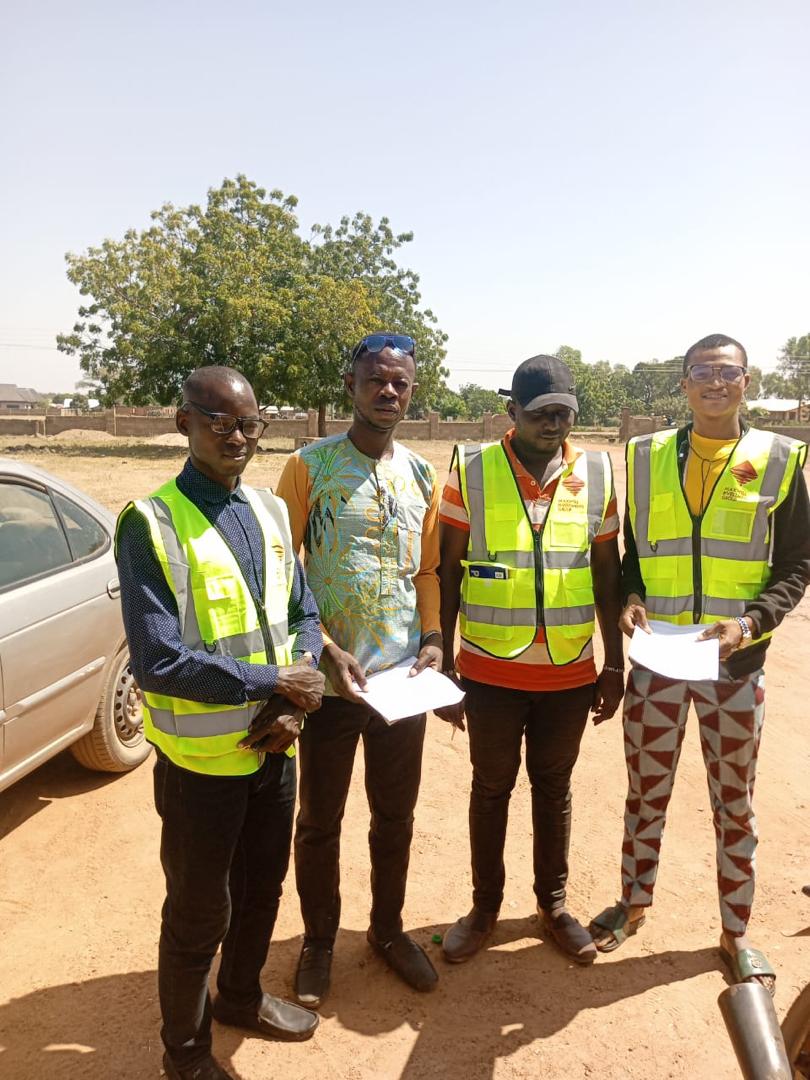
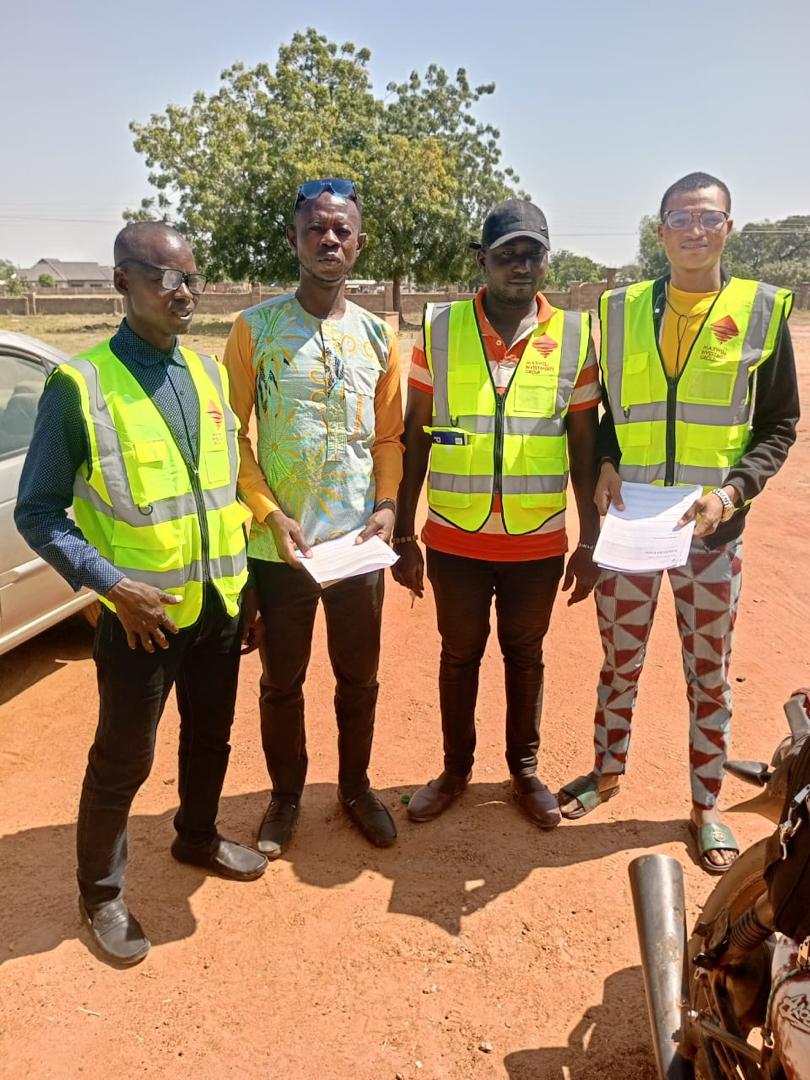
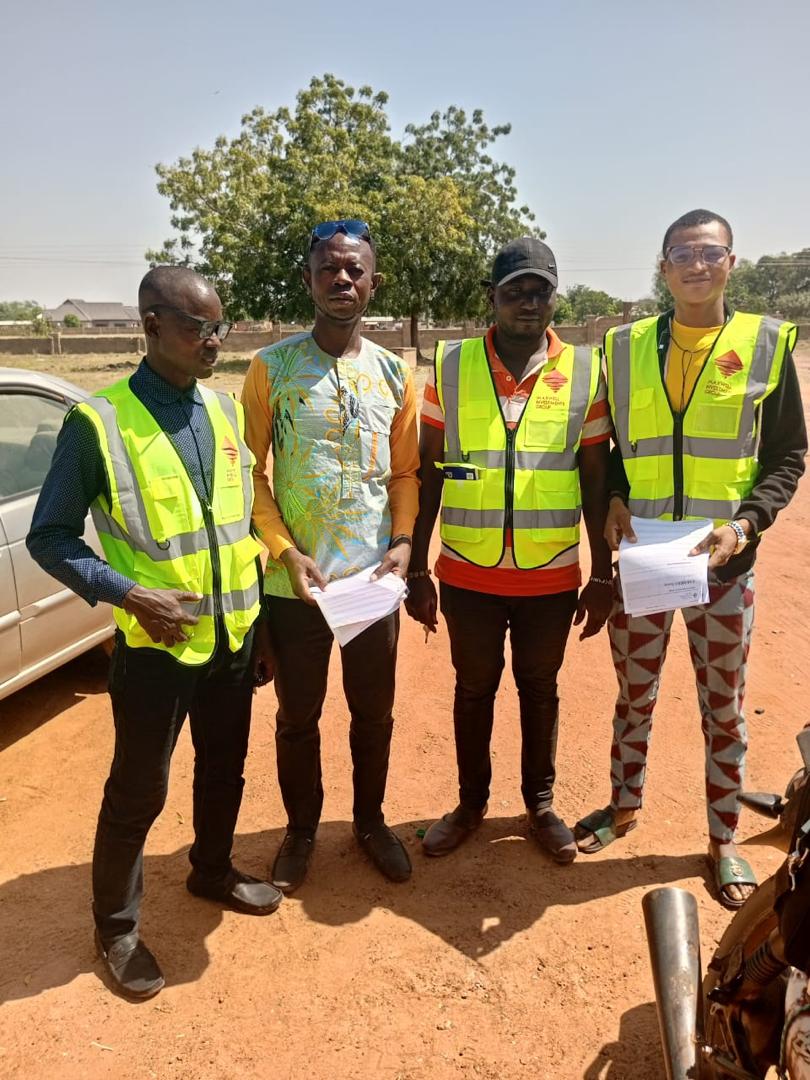
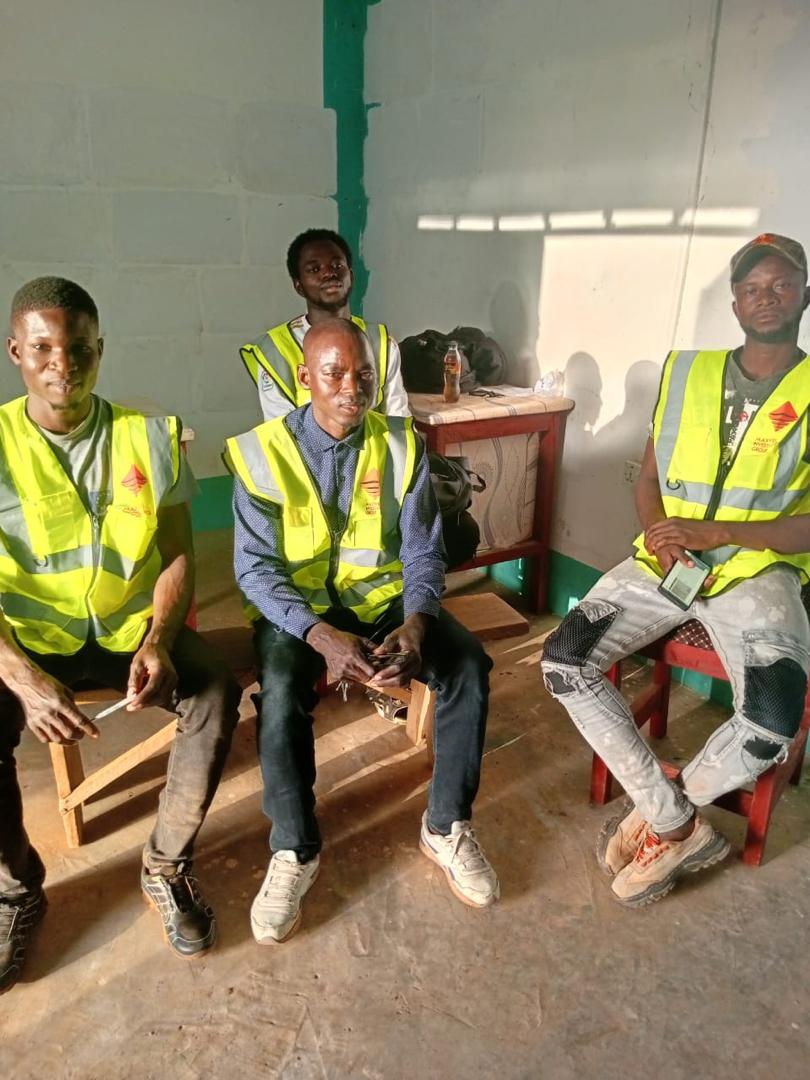
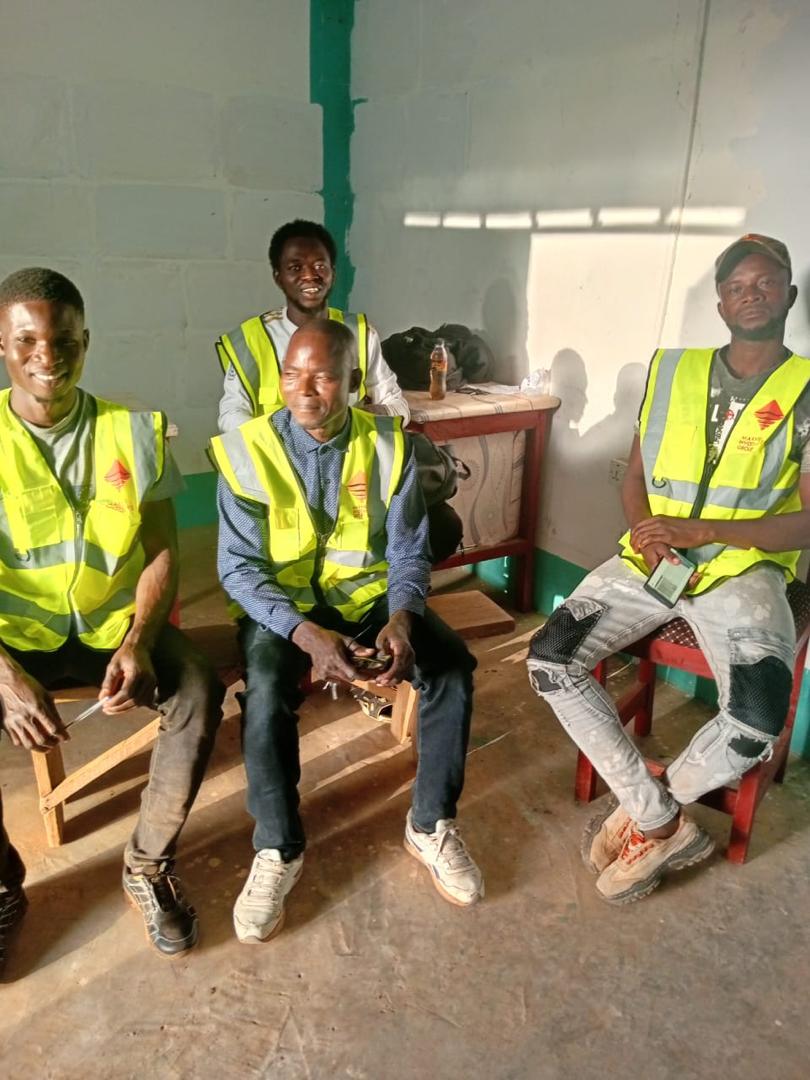
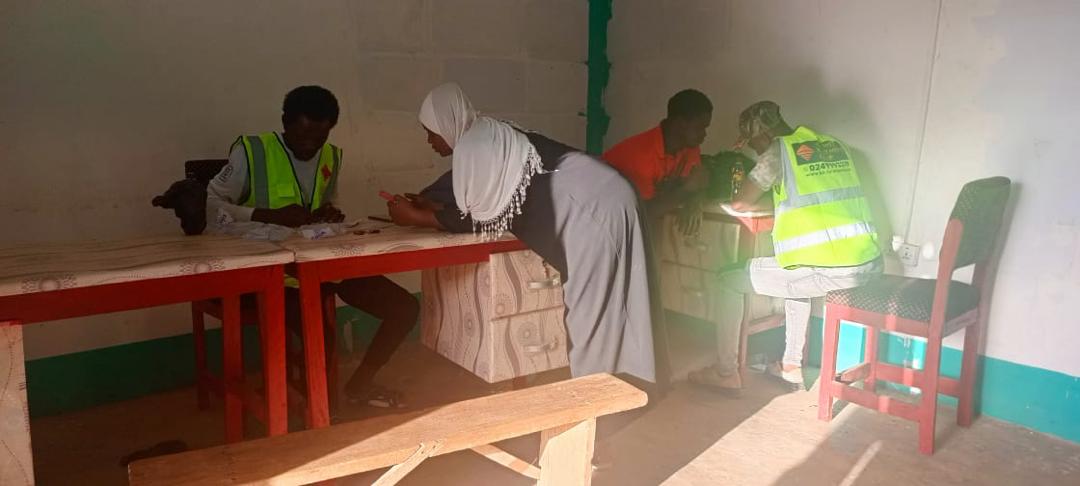
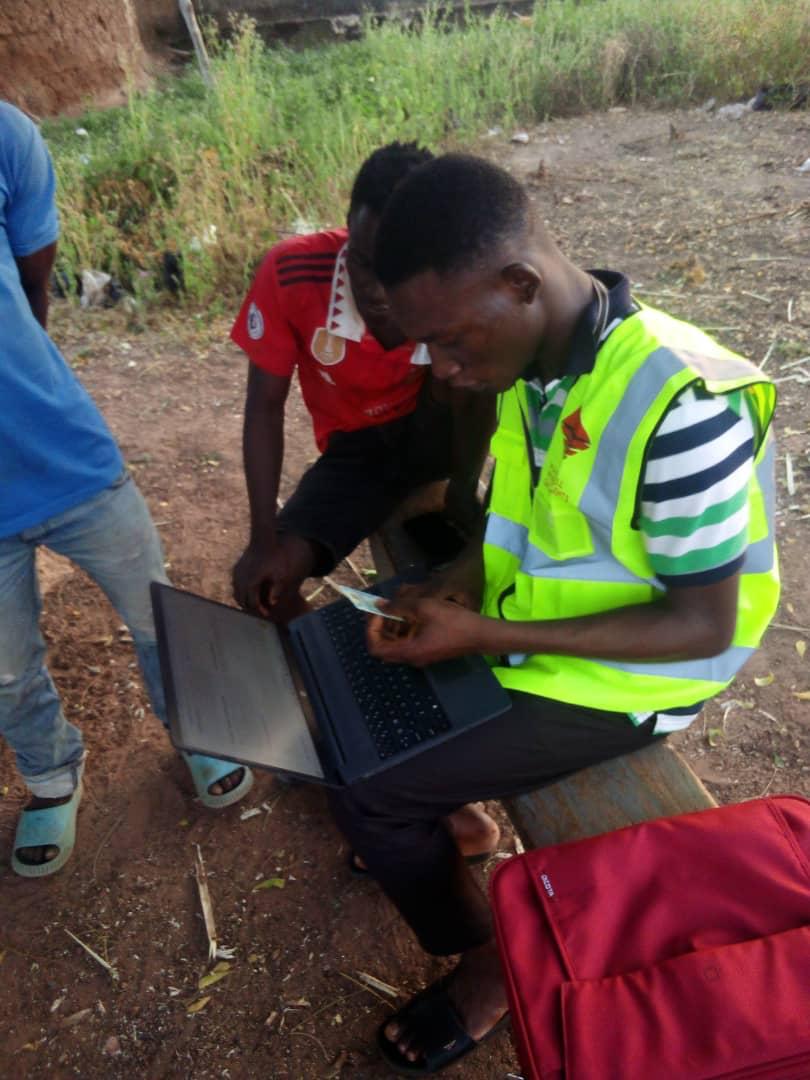
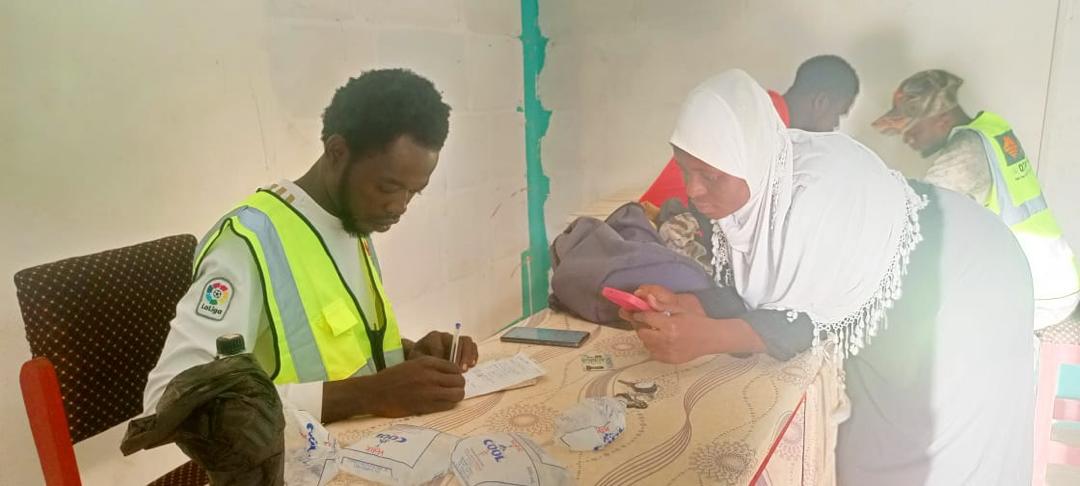
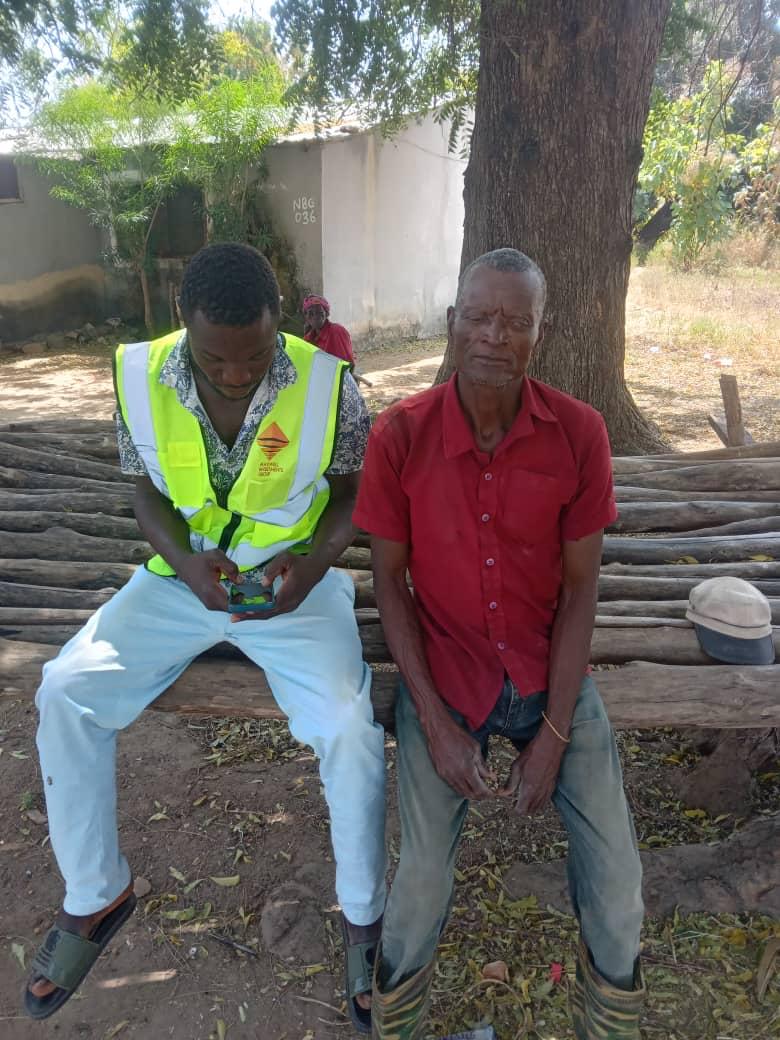
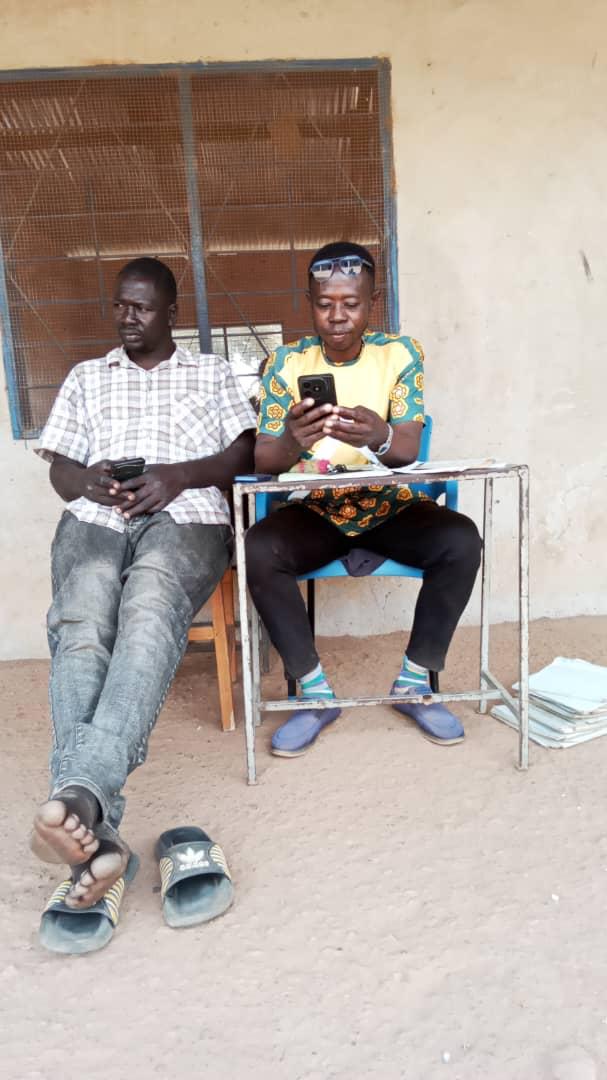
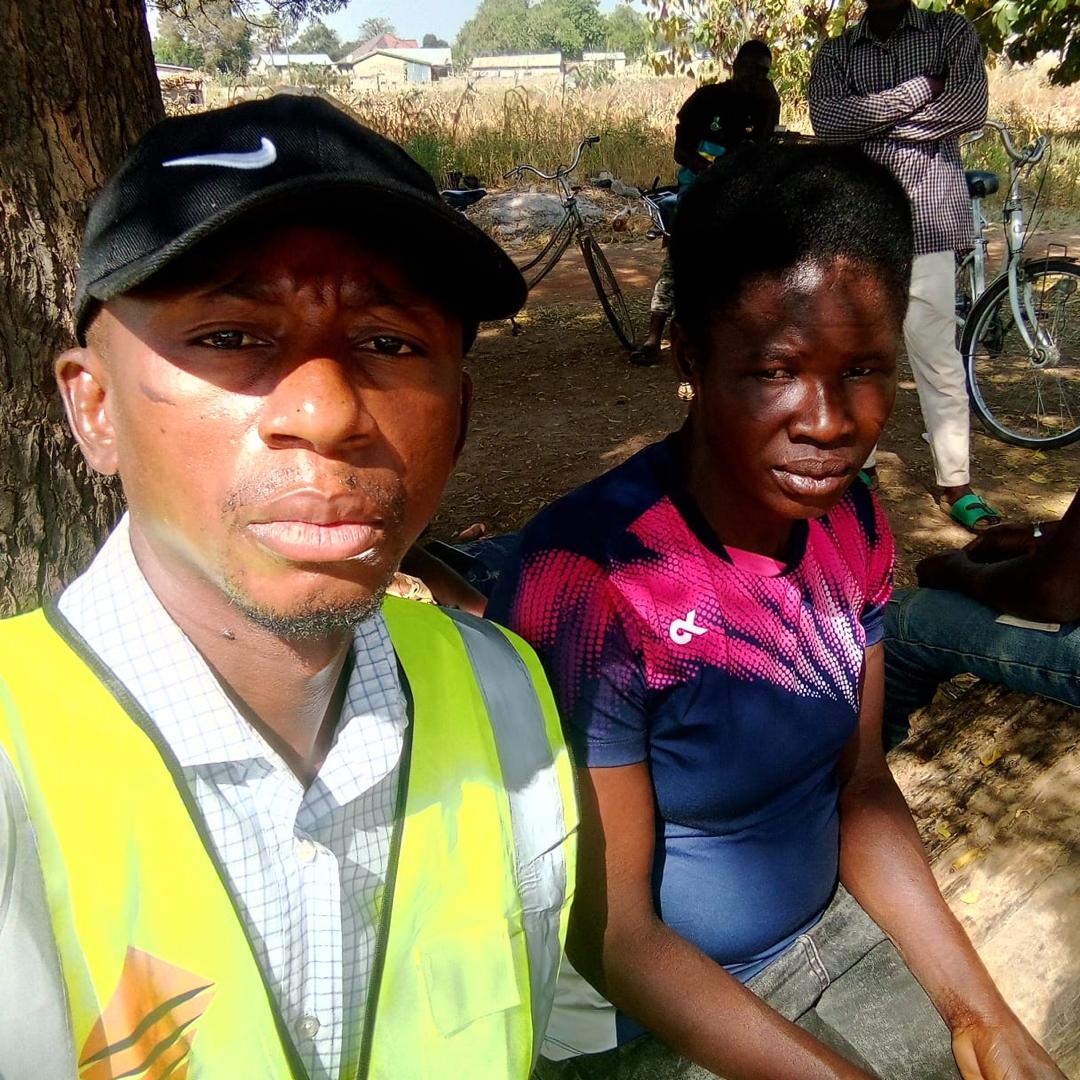
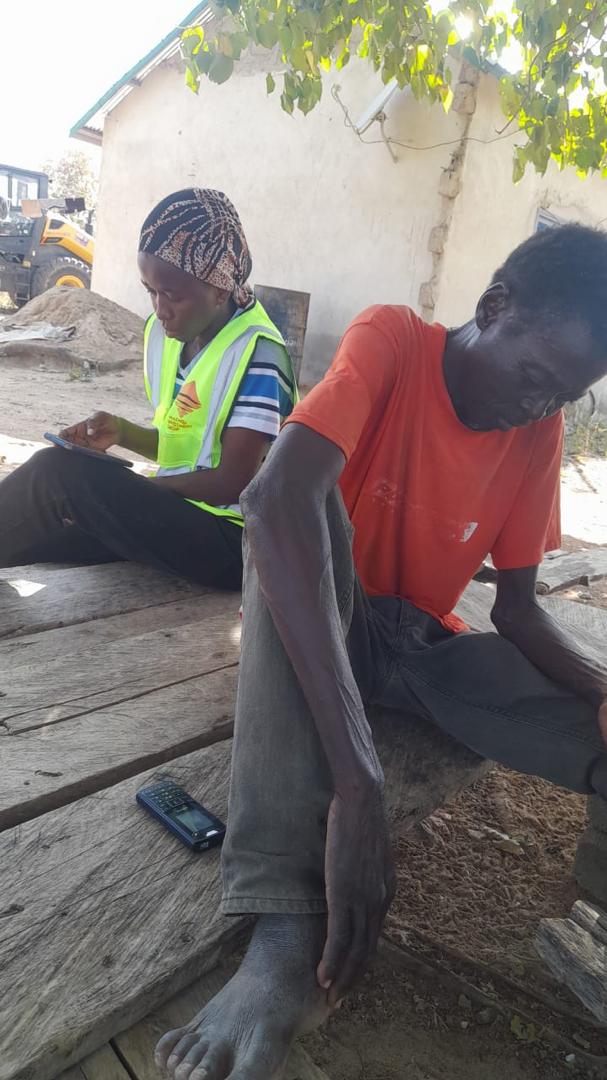
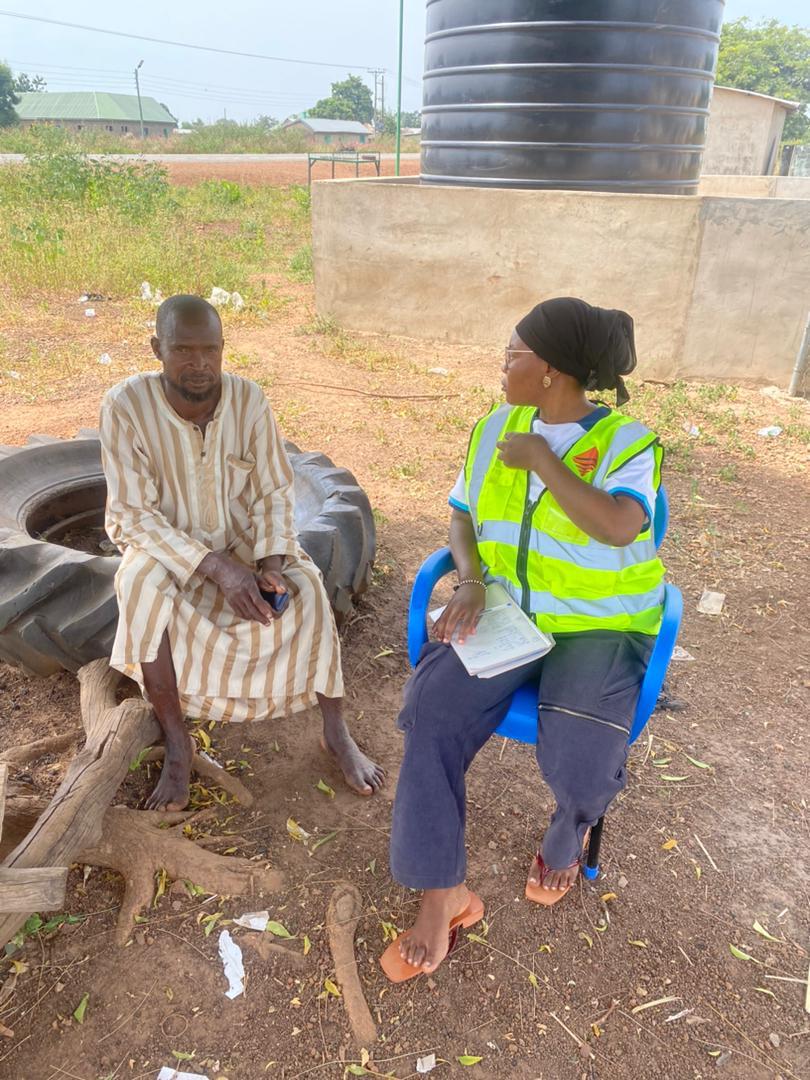
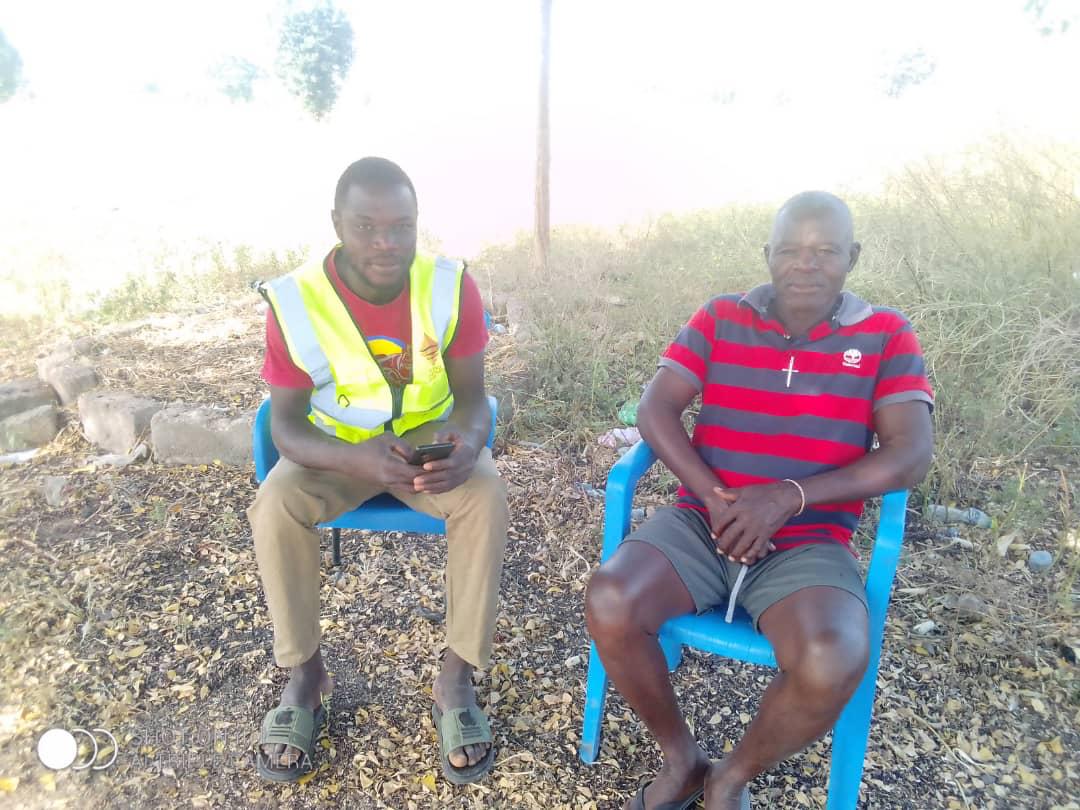
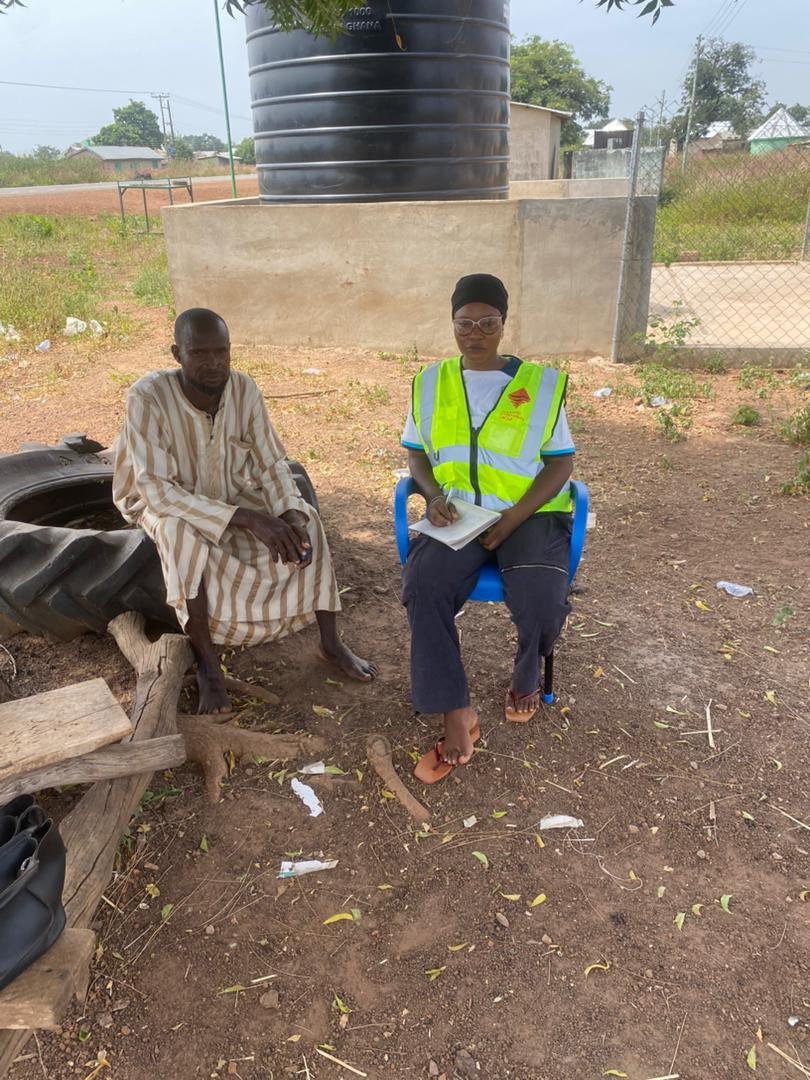
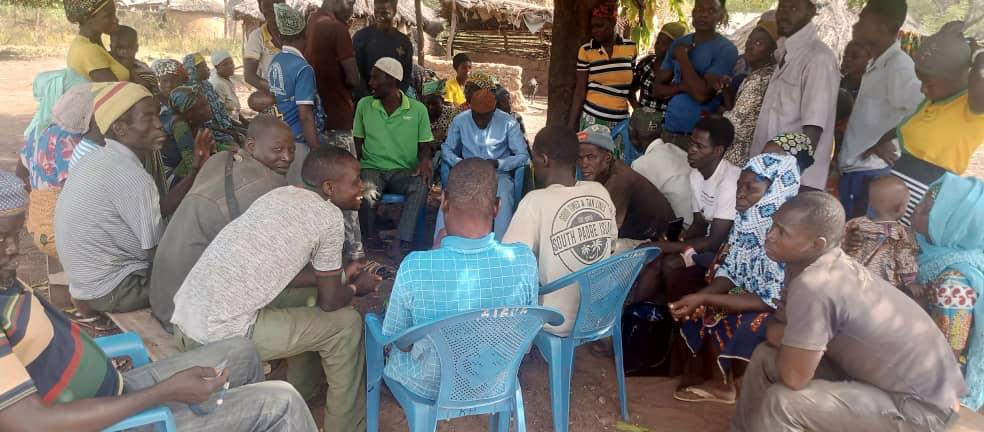
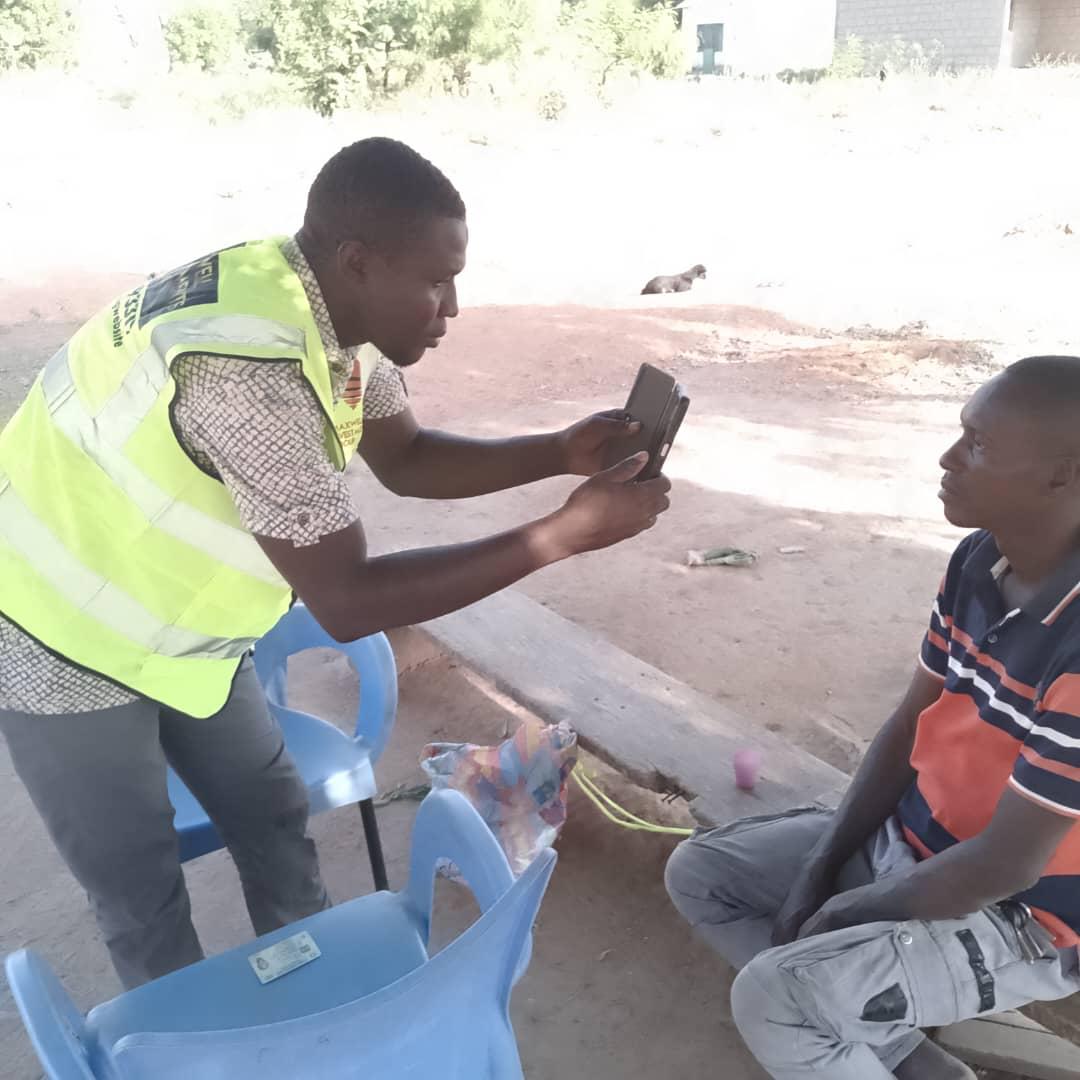
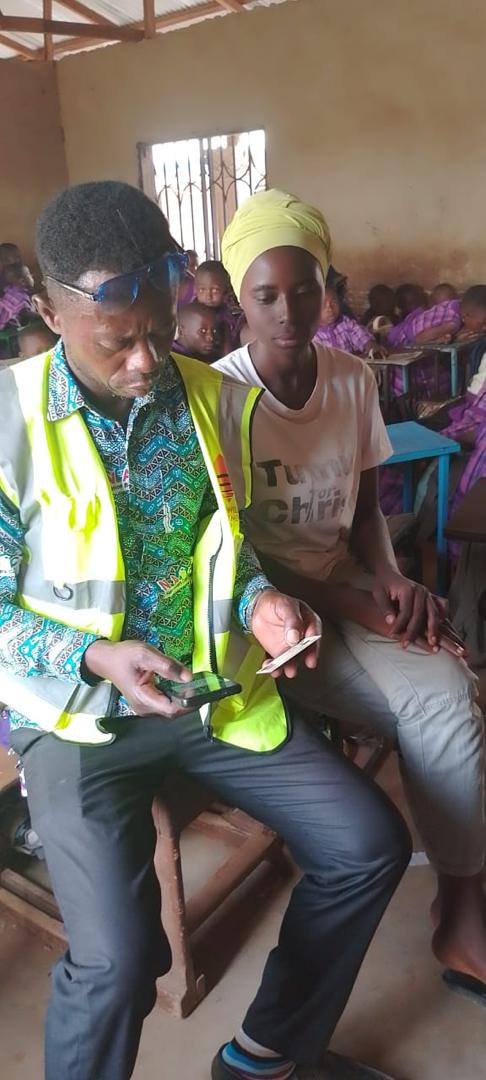
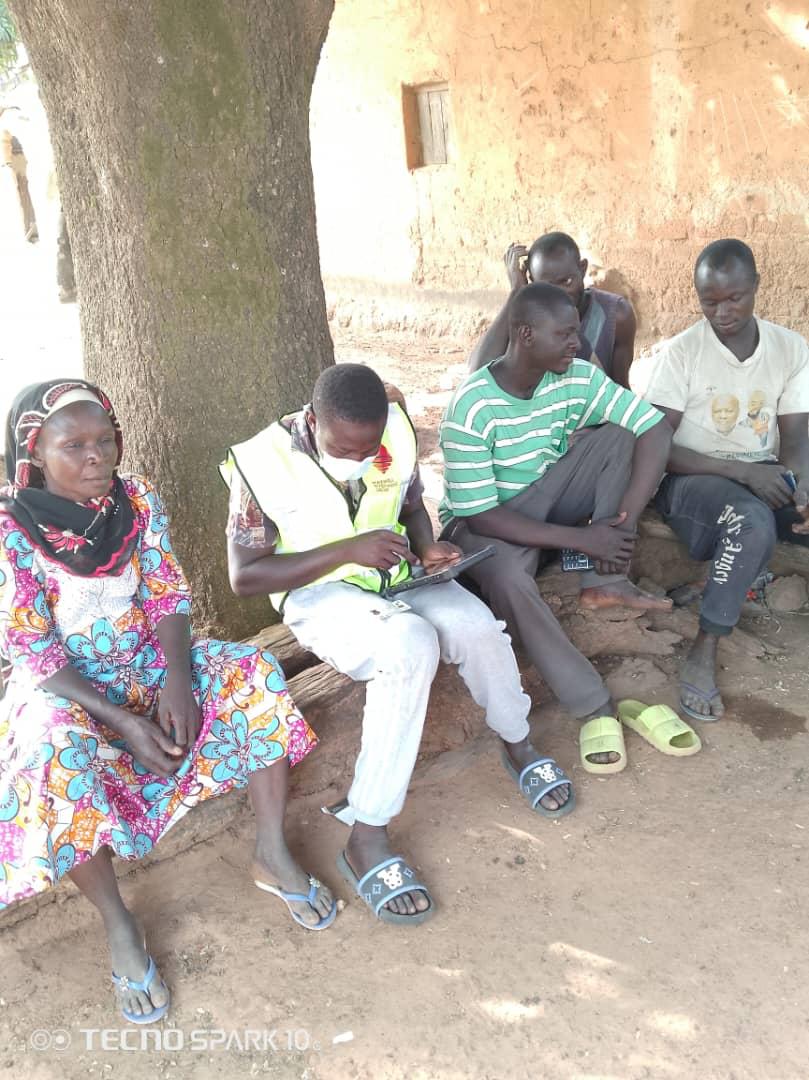
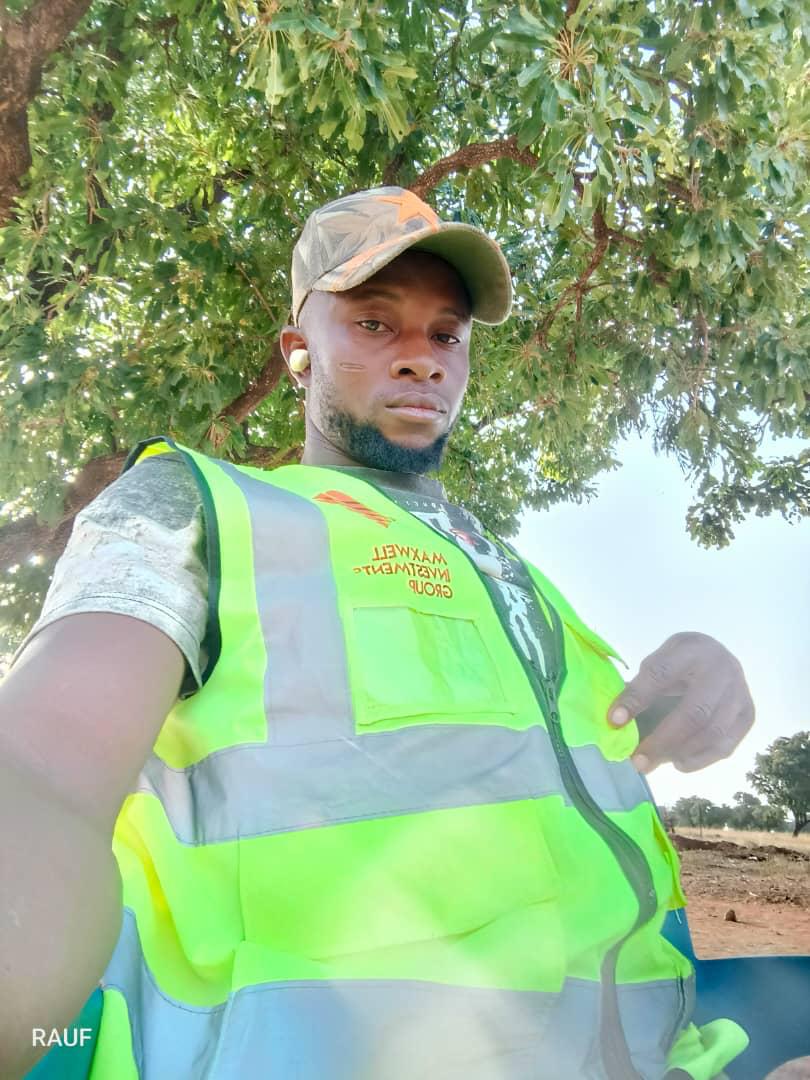
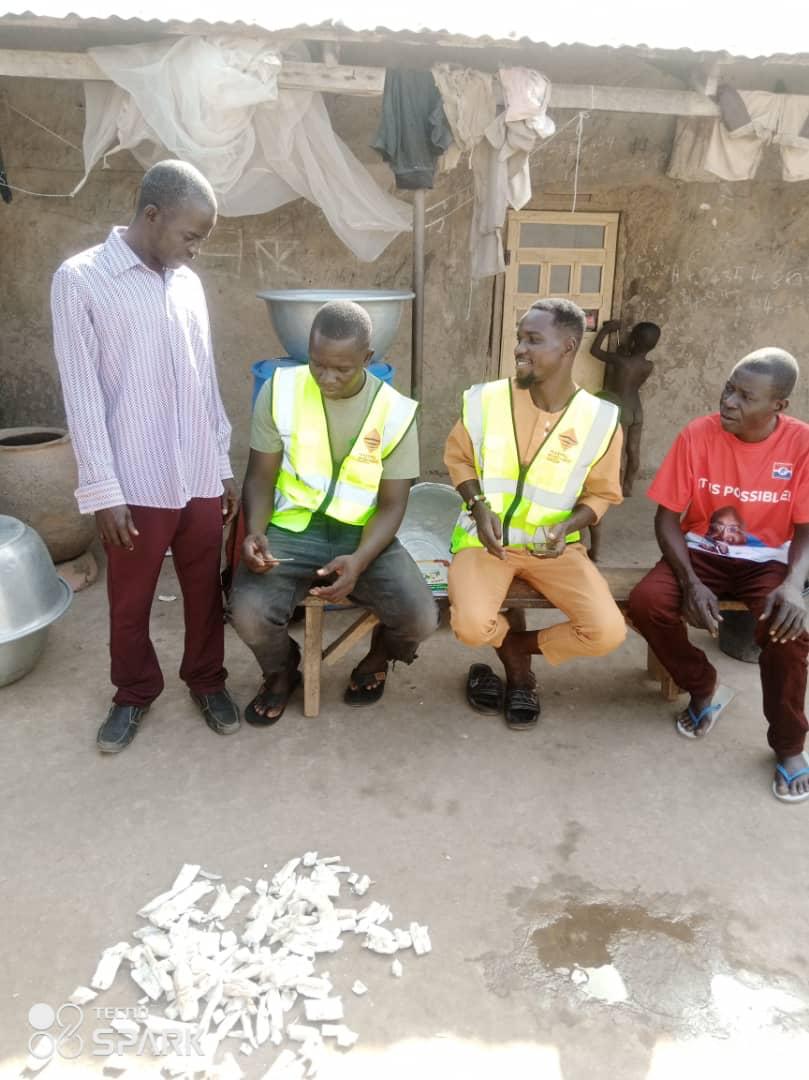
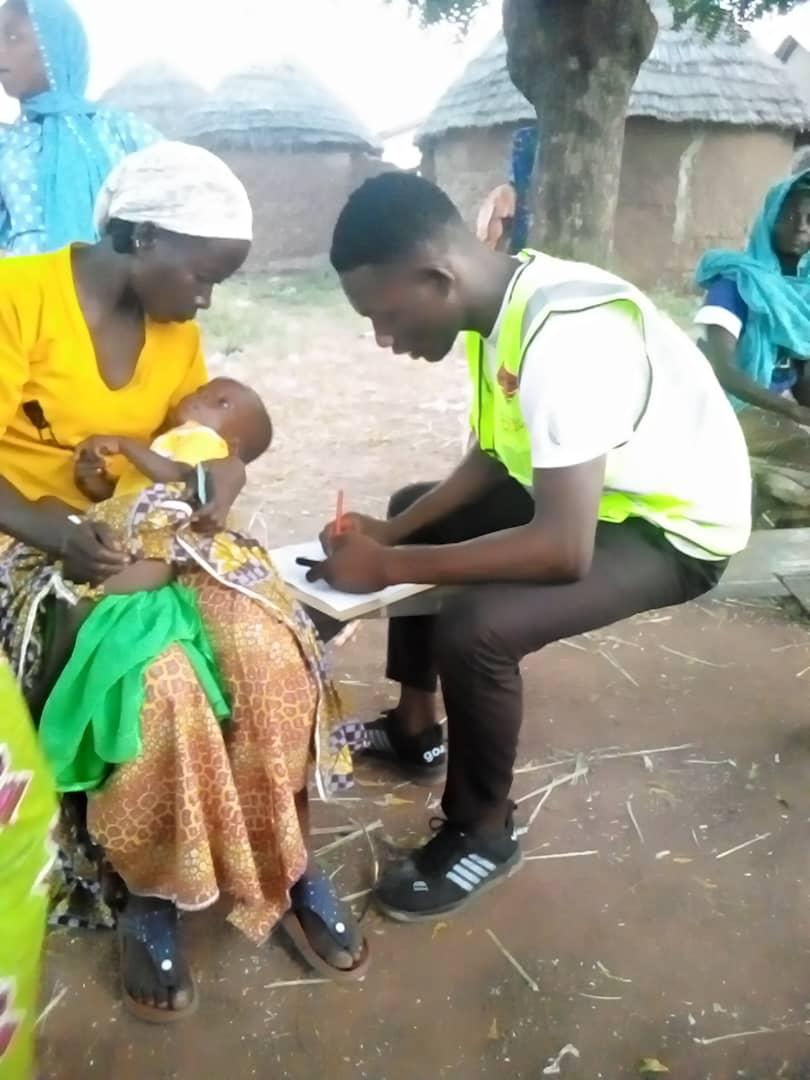
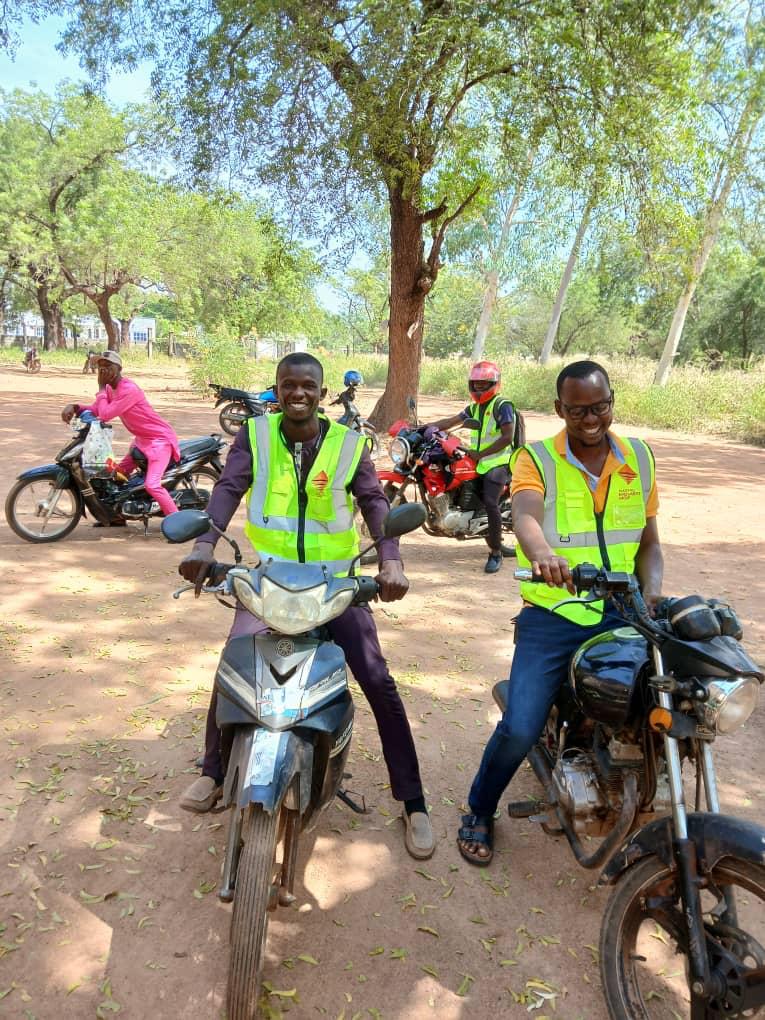
Empowering Ghana through Sustainable Agriculture
In our world of agro commodities, we specialize in promoting sustainable farming practices and delivering quality products from Ghana to the global market. Our mission is to support local farmers while providing top-notch offerings that meet international standards. Join us in nurturing the future of agriculture.

